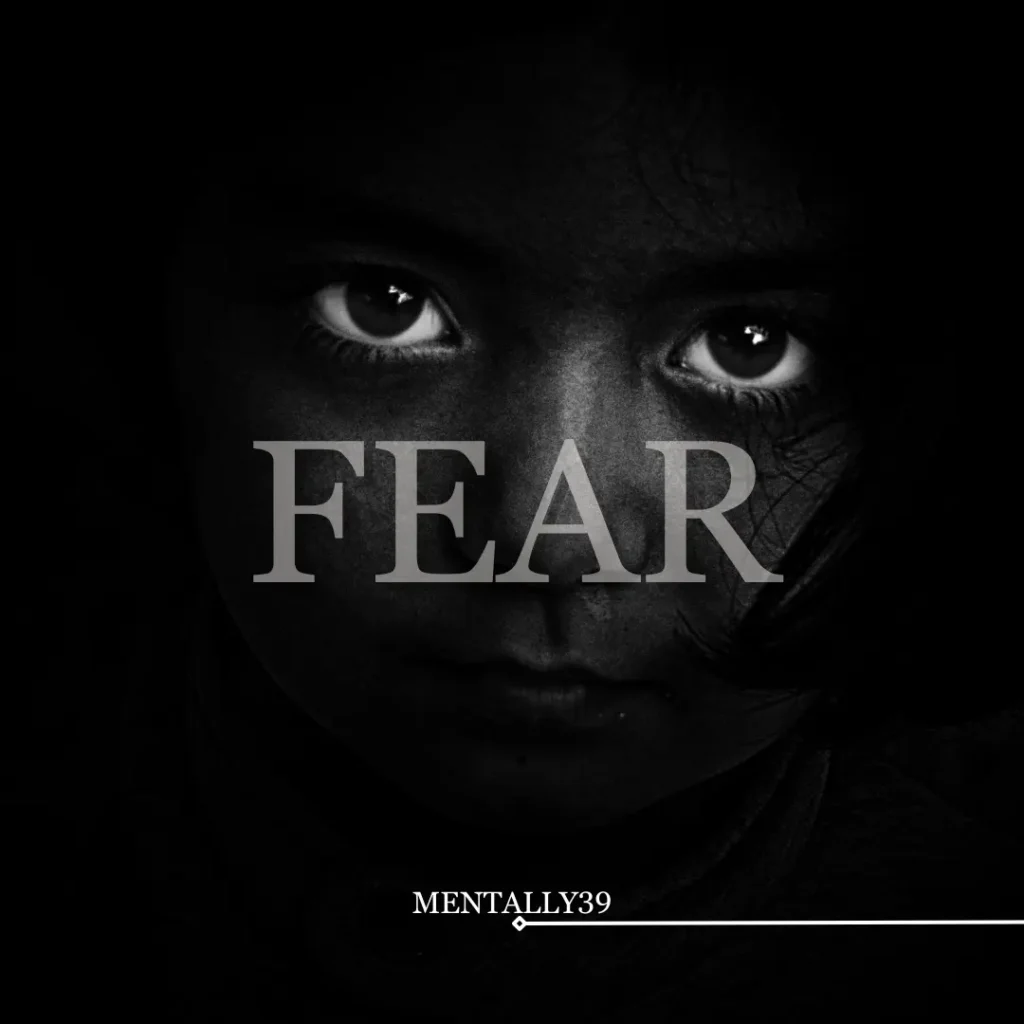Did you know that 85% of what we worry about never happens? This fact shows how fear can stop us from living a full life. Below, you will find quotes about fear, but let’s look at fear first to try to understand it better. Don’t worry; I’m not going off on a deep dive on this one.
Understanding the Nature of Fear and Its Impact
Fear is a familiar feeling that can significantly affect our lives. It’s a natural response to threats and dramatically influences our choices. The psychology of fear is complex and influenced by past experiences, culture, and personal beliefs.
Fear can lessen over time but can also grow, making challenges harder.
Years ago, I did not fear driving on high overpasses; for whatever reason, now that I am older, I do.
Yet, we can overcome fear with support and a willingness to face it. Remember, “fear is only as deep as the mind allows,” which shows the need to confront and understand our fears.
Our brains focus more on negative information, seeing small risks as significant threats. This can lead to poor decision-making. Understanding fear helps us make better choices and resist manipulation. By facing our fears, we can make decisions that reflect our values and goals.
The Psychology Behind Our Fears
Fear is a natural response that helps keep us safe. It’s like a warning signal that something might be dangerous or scary. When we feel this, our bodies prepare to protect us by releasing adrenaline and other hormones, which make our hearts race and our muscles tense. This is called the “fight-or-flight” response. Sometimes, it can be intense and overwhelming, making it hard to think clearly or act.
For example, imagine walking in the woods and hearing a rattlesnake’s rattle. Your body might respond with fear, telling you to run away or stay calm. Managing your anxiety to make the best decision in difficult situations is essential. In this case, locate the sound and run like hell the other way. At least, that’s what I would do. I have an extreme dislike for snakes.
There are a few ways to manage dread. One is to face it slowly, starting with small steps. For instance, if you’re scared of heights, try standing on a low step first and gradually moving to a higher one. Another way is to talk to someone about your apprehensions, which can help you feel less alone and more in control. You can also practice deep breathing exercises or positive self-talk to calm yourself down.
Remember, fear is a normal reaction but doesn’t have to control your life. With practice and support, you can learn to manage your fears and make better decisions when faced with challenges. It’s essential to take things one step at a time and believe in yourself!
How Fear Limits Personal Growth
Intense fear can stop us from reaching our goals. It might prevent us from trying new things or meeting new people. For some, fear is so intense it affects their daily life, like social anxiety, which affects almost 13% of Americans each year.
Distinguishing Between Rational and Irrational Fears
Not all fears are the same. Some keep us safe, while others hold us back. Phobias like fear of heights or spiders can really limit our lives. Knowing the difference between fears that help us and those that don’t is essential.
Cognitive behavioral therapy (CBT) is a great way to tackle these negative thoughts.
Mindfulness and Self-Awareness Techniques
Feeling anxious or a fear of failure is common when we face challenging situations. Mindfulness and self-awareness can help us manage these feelings. These techniques allow us to watch our thoughts without judgment and lessen our fear.
Mindfulness meditation is great for overcoming fear, stress, and anxiety. It helps us gain more control and confidence. The RAIN method is a step-by-step guide for using mindfulness to tackle fear. It stands for Recognition, Allowance, Investigation, and Nurturing.
When we feel fear, it’s key to acknowledge it openly. Regular practice can lessen its impact over time. Mindfulness helps us become more aware of ourselves and love ourselves more, tackling our childhood fears and current anxieties.
Consistency is vital to mastering these techniques. Start by facing minor fears and then tackle bigger ones. By adding mindfulness to our daily lives, we can better observe our thoughts and emotions. This gives us clarity during tough times.
Quotes About Fear
I’ve collected 39 quotes about fear. Quotes can help us learn and grow, thus allowing us to manage our fears just a little bit better.
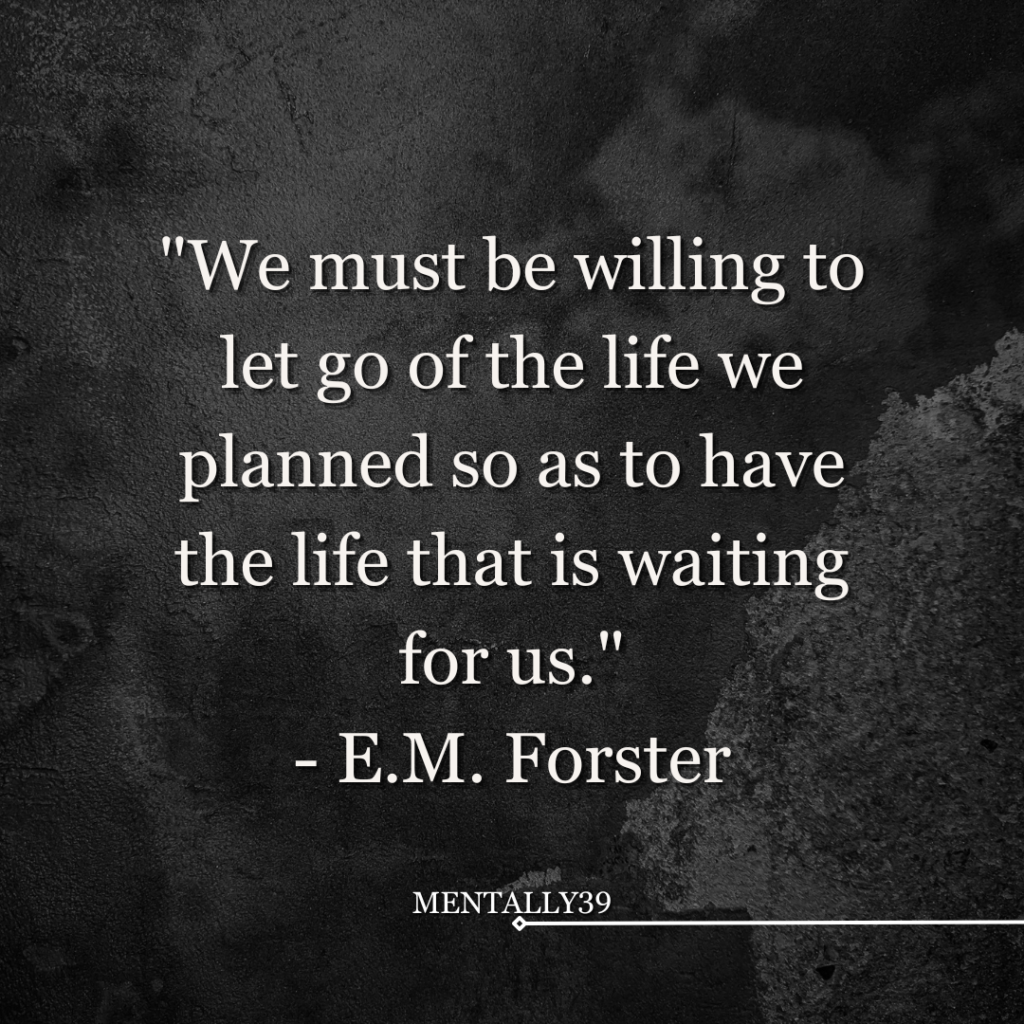
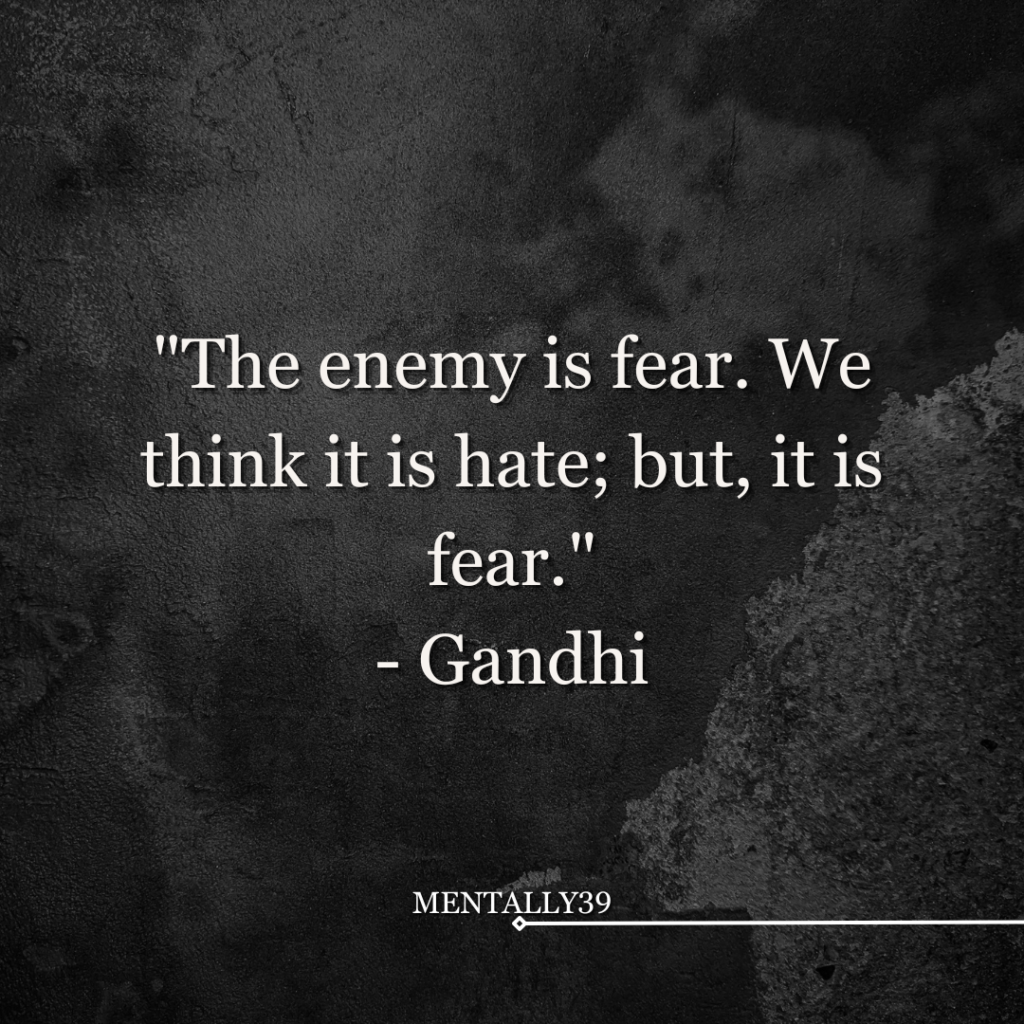

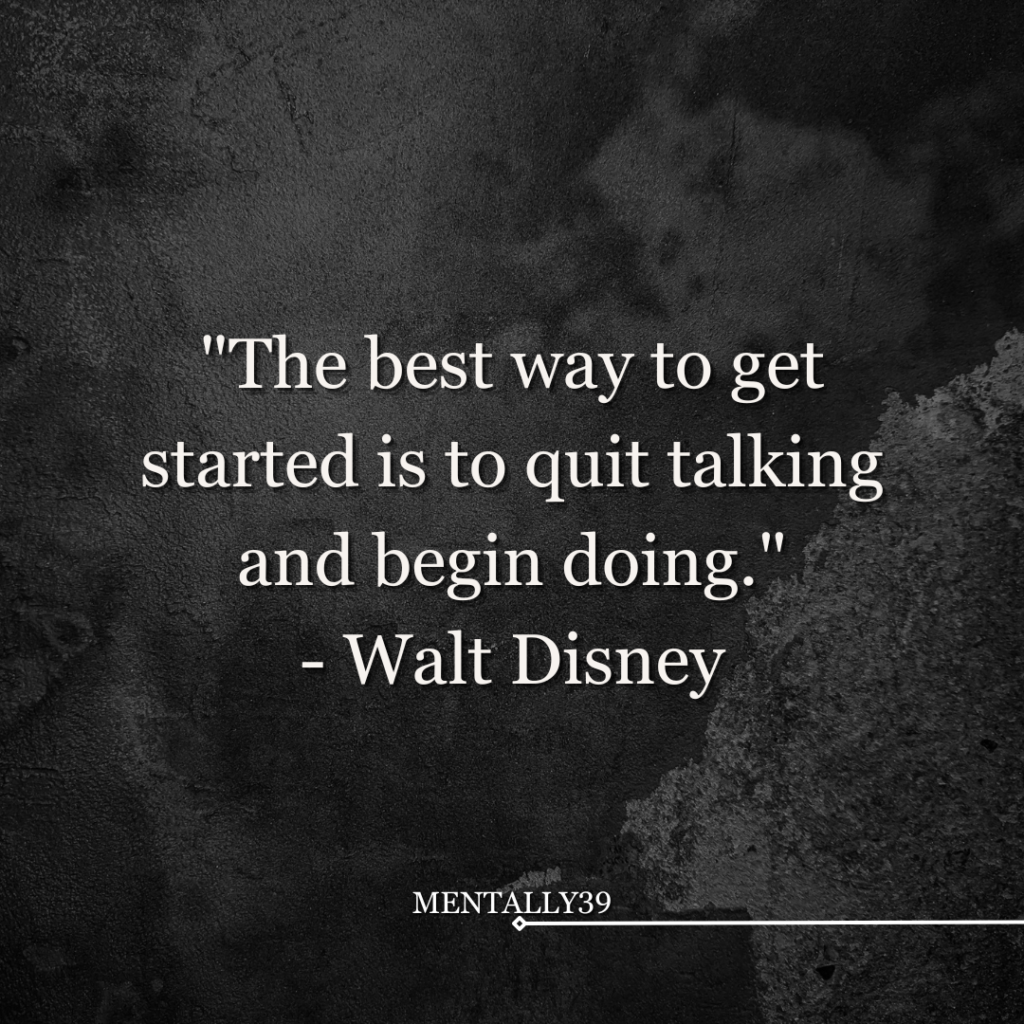

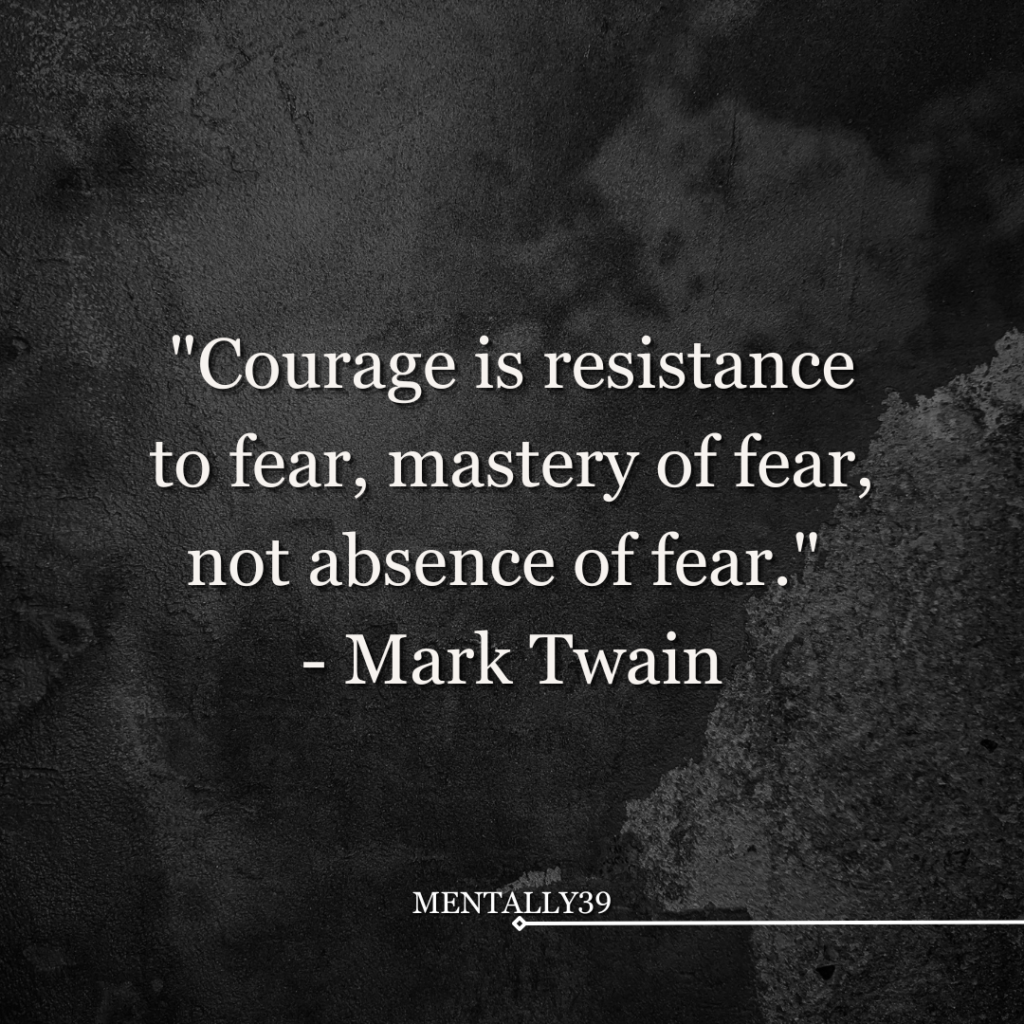
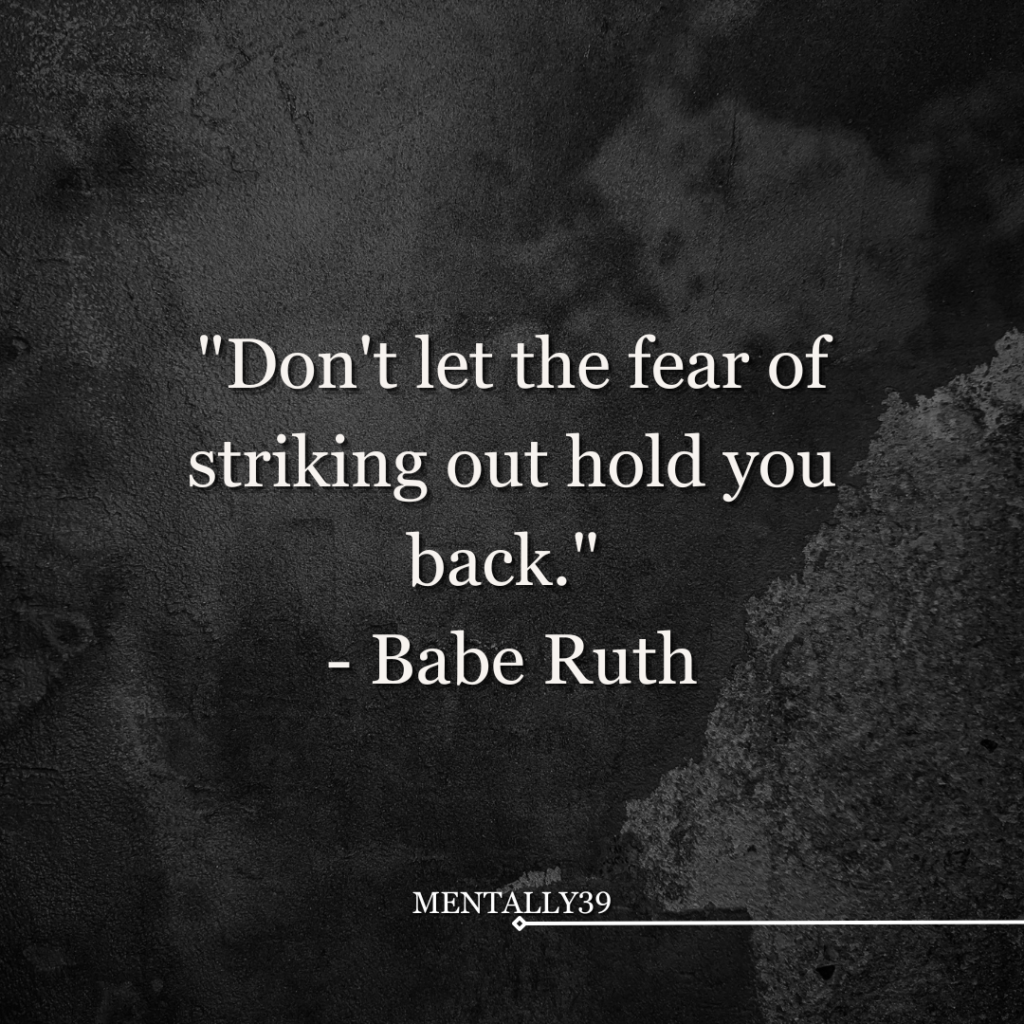
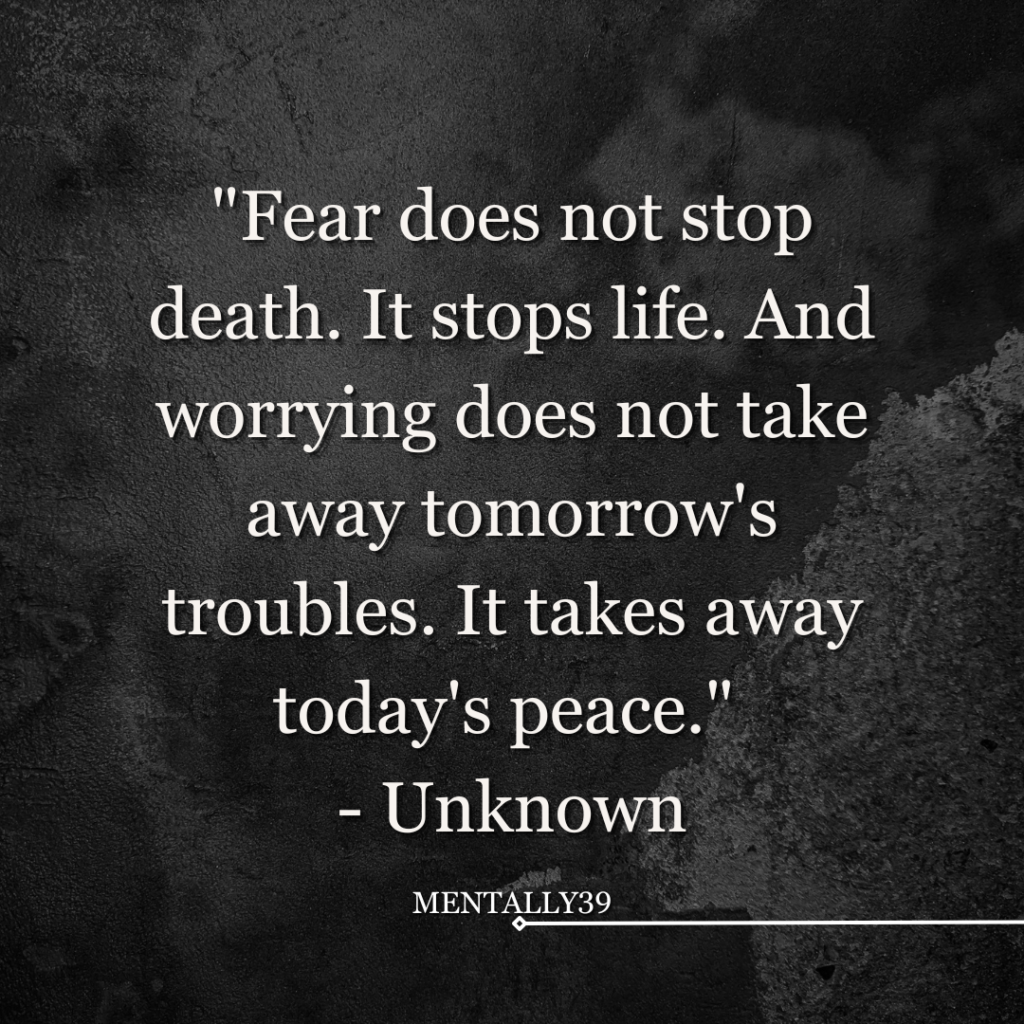
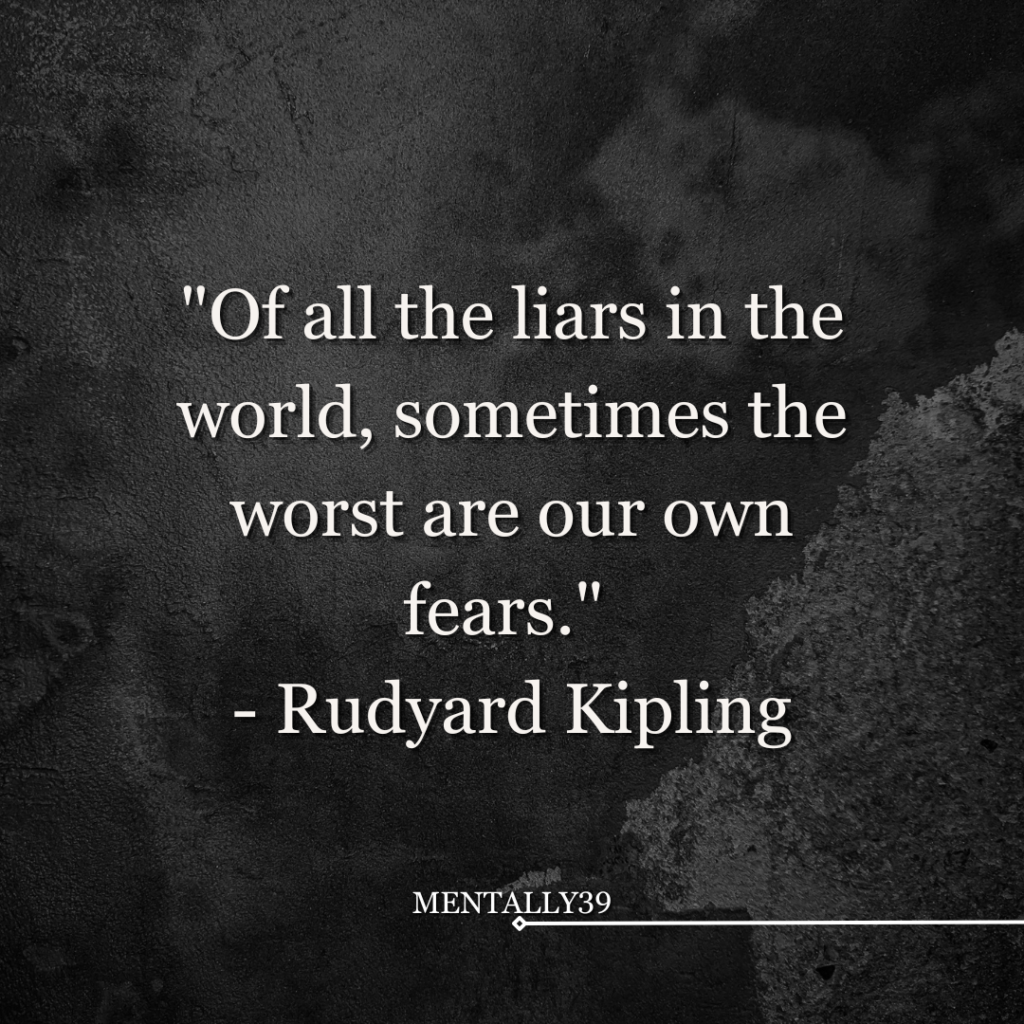
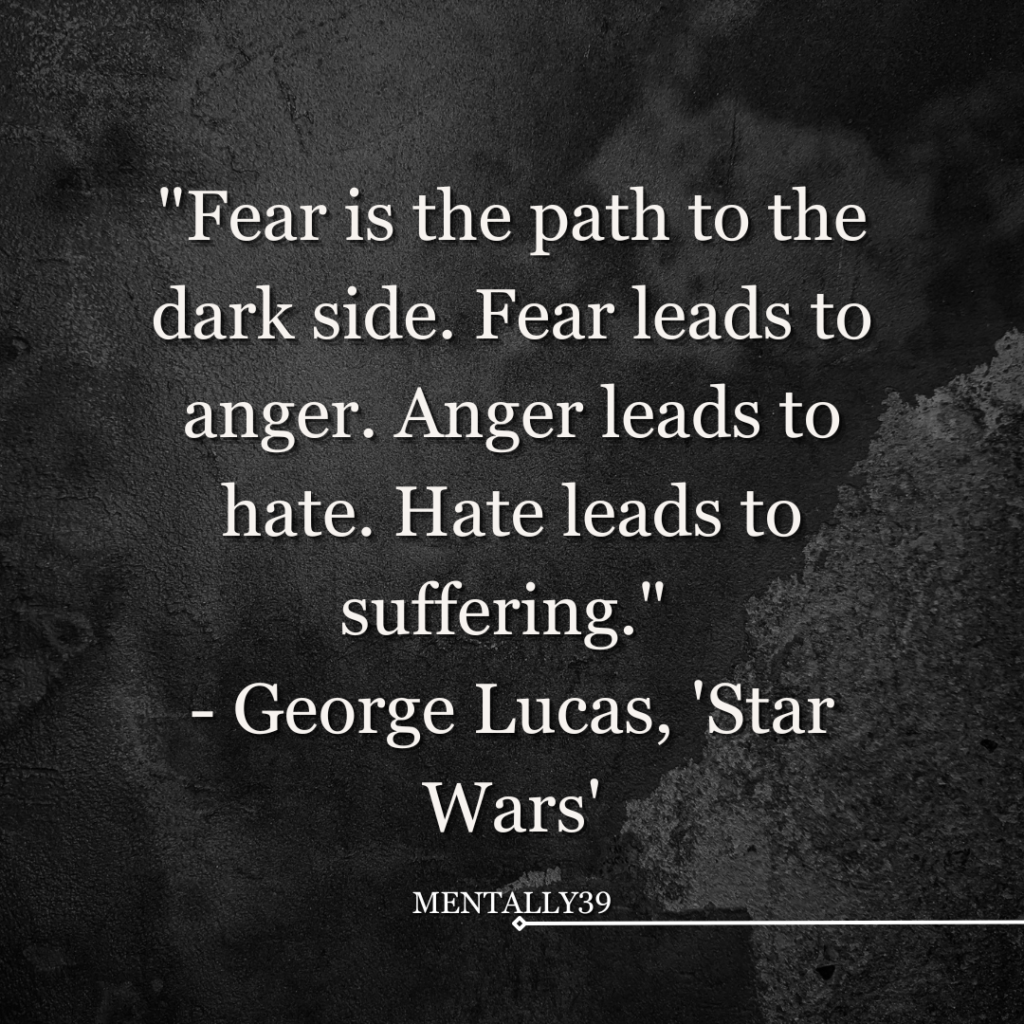
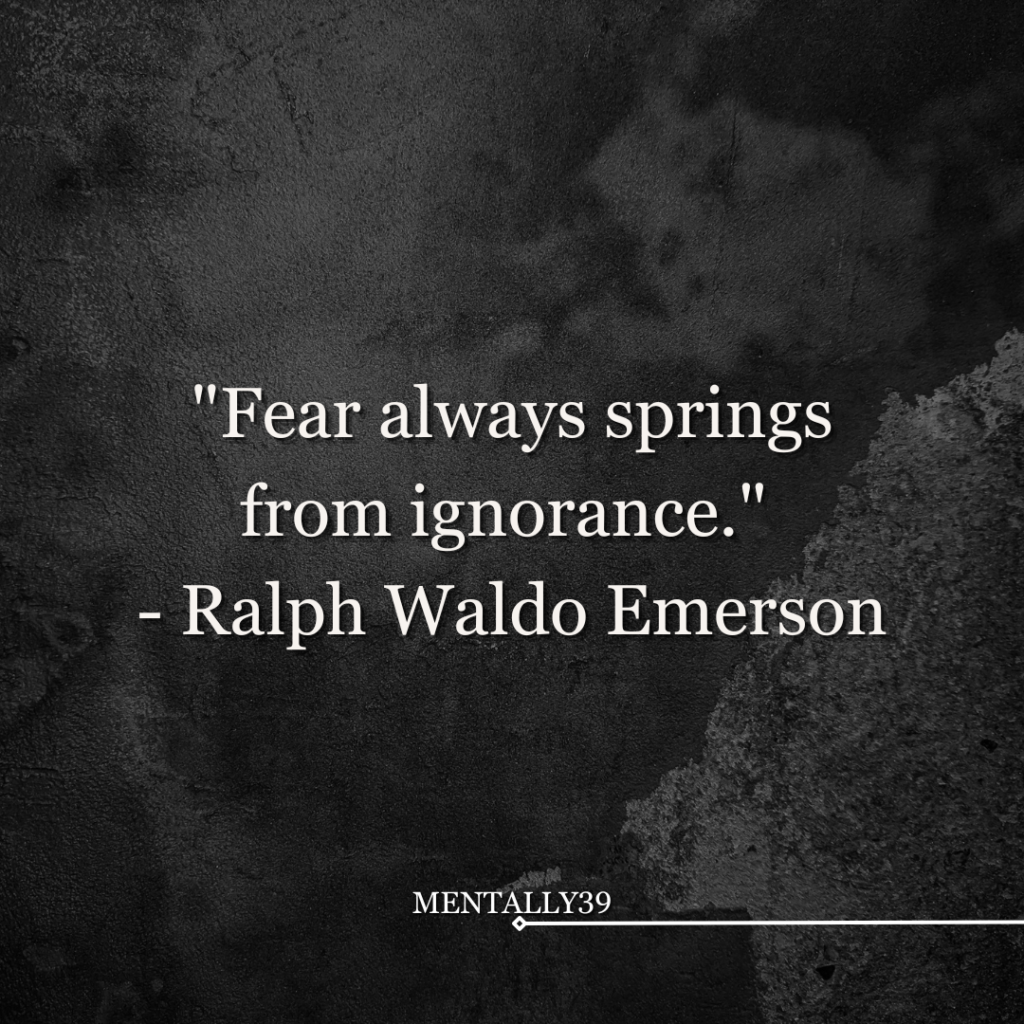

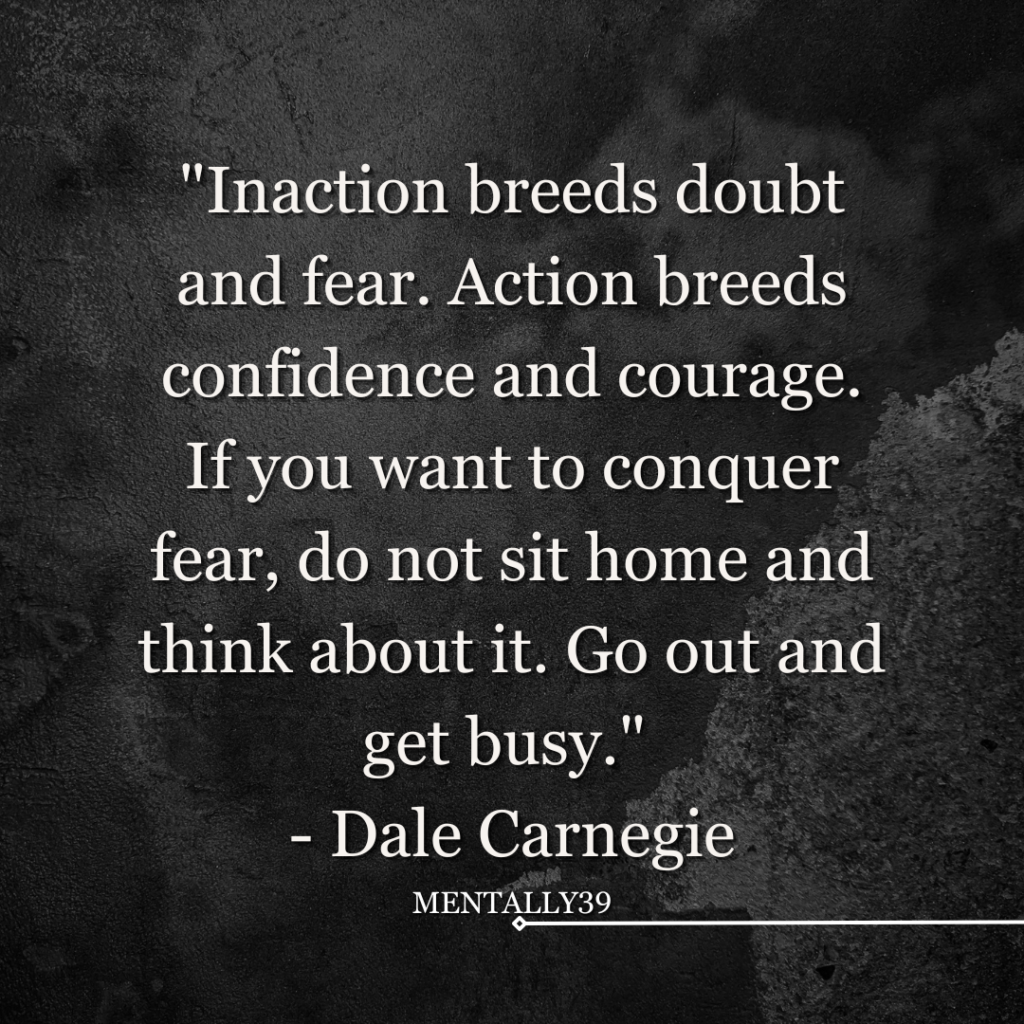
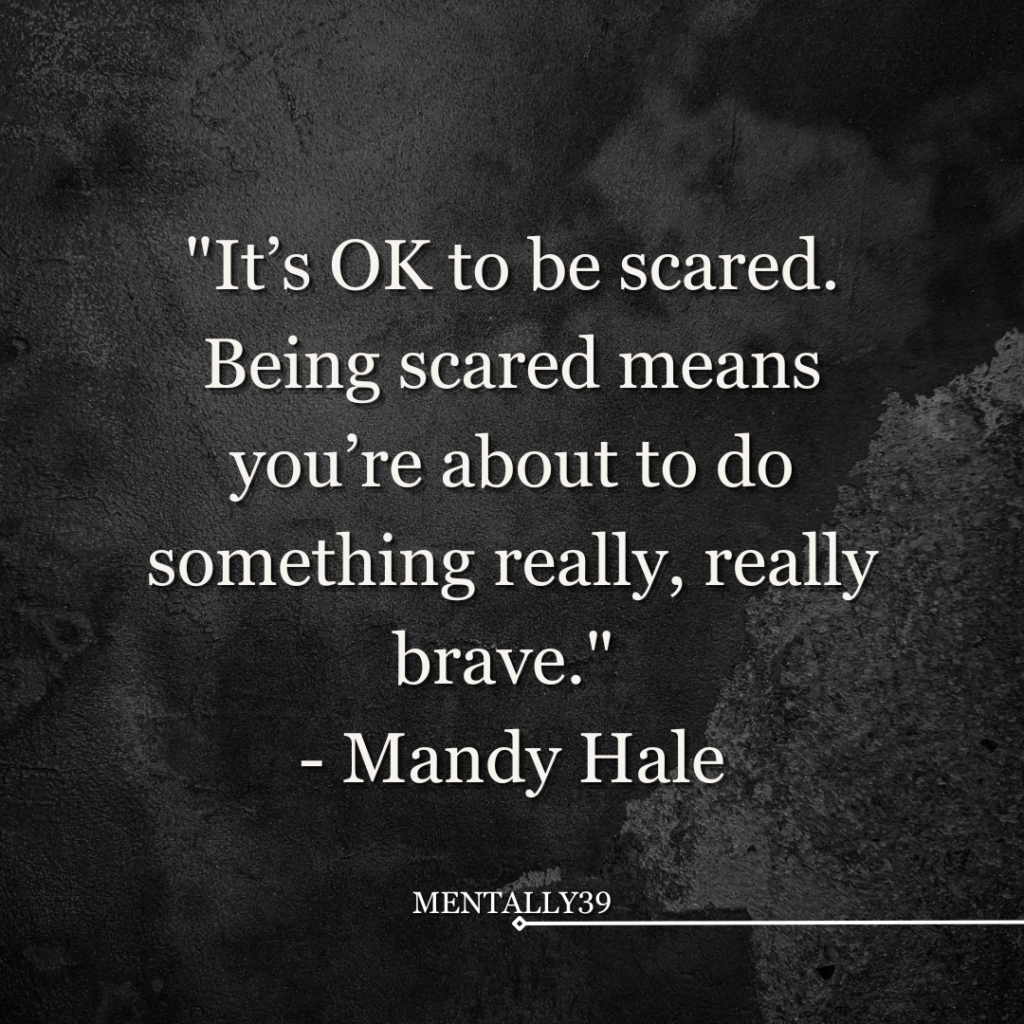
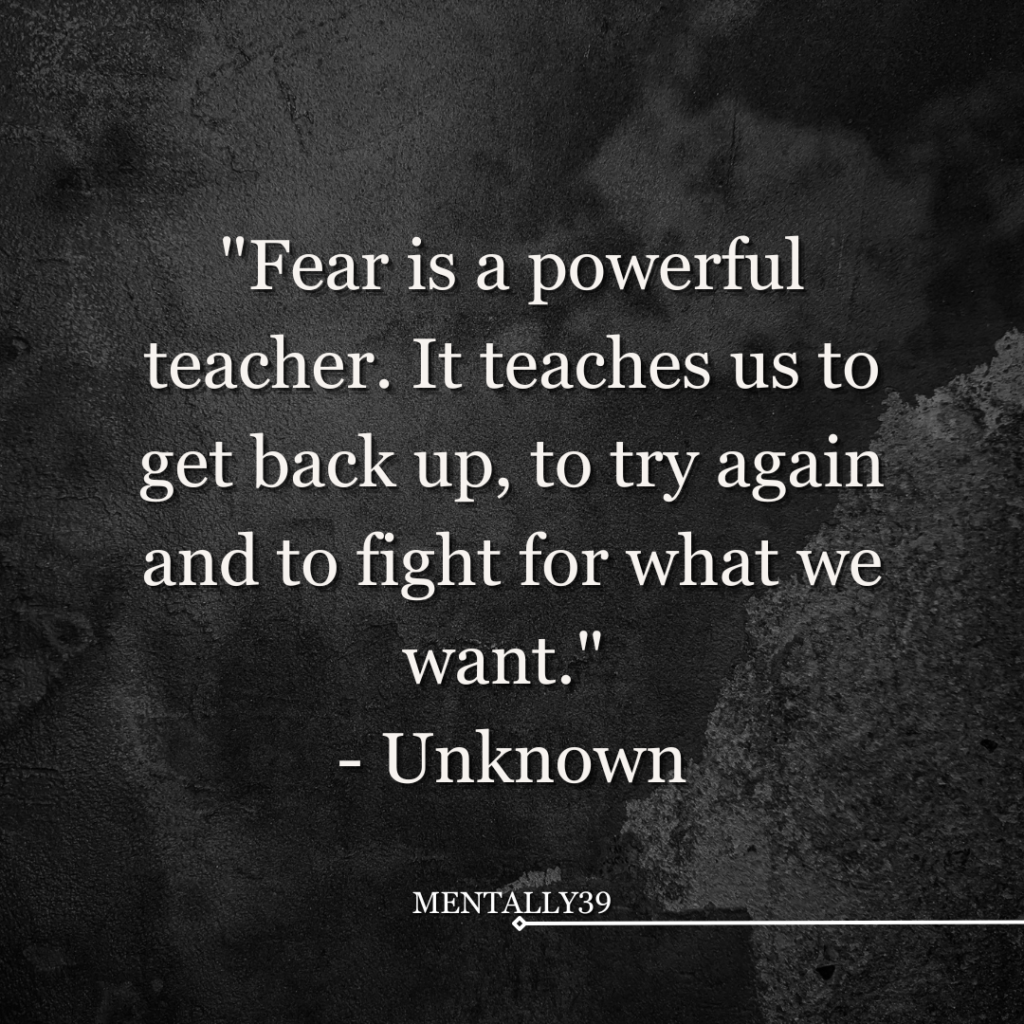
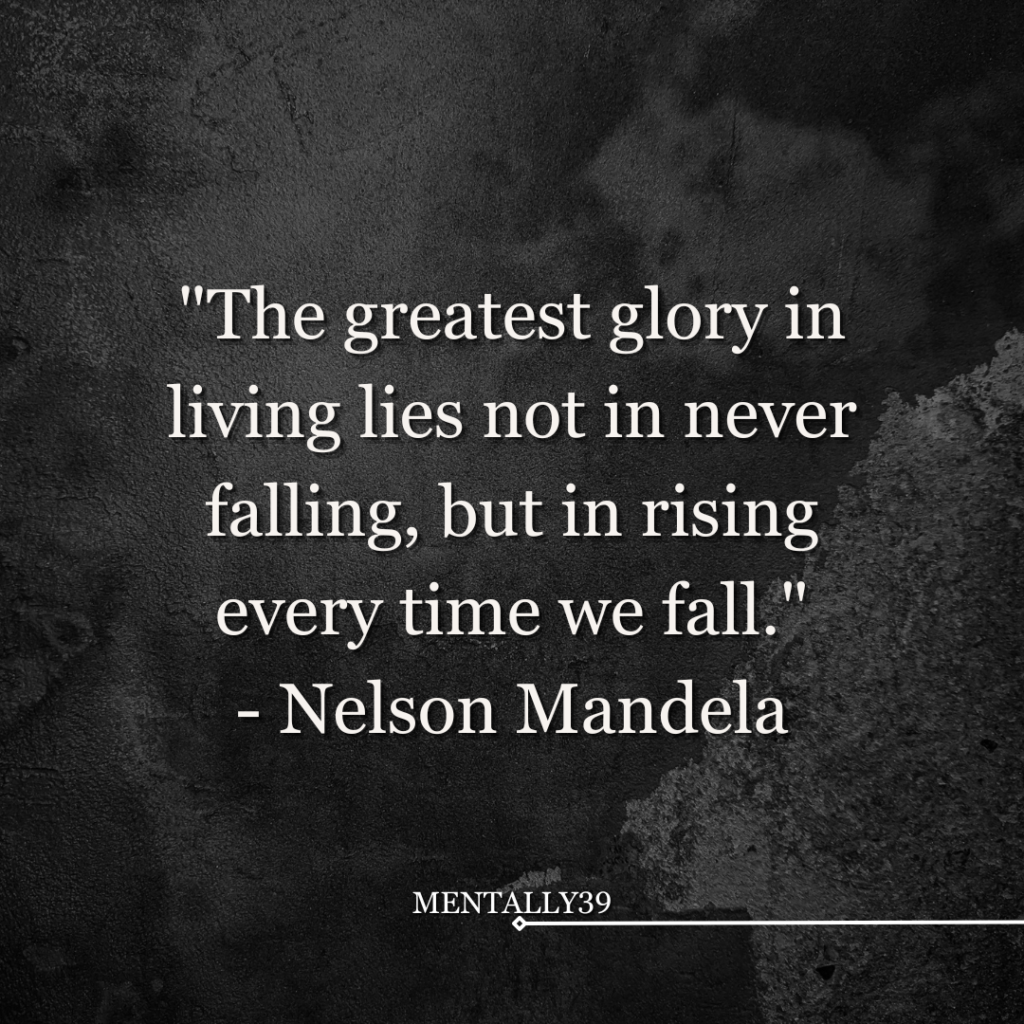
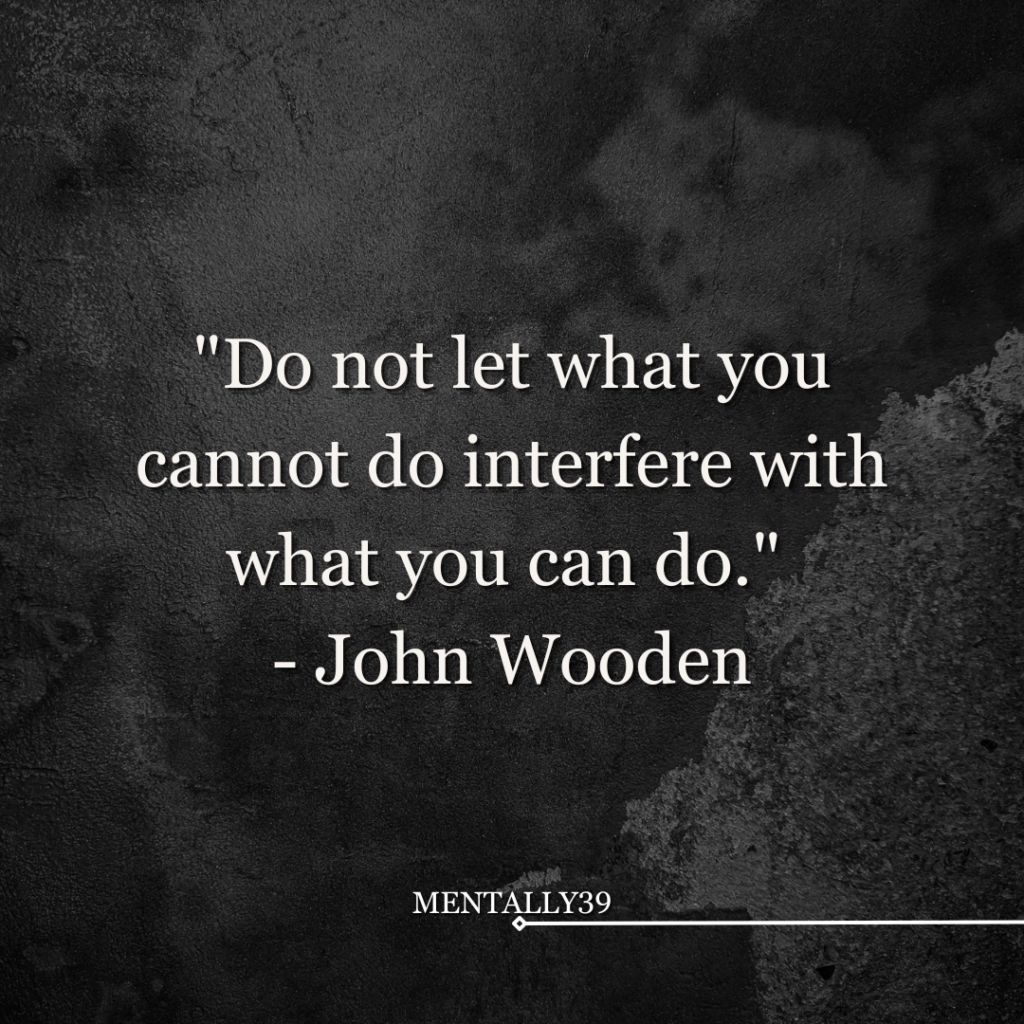
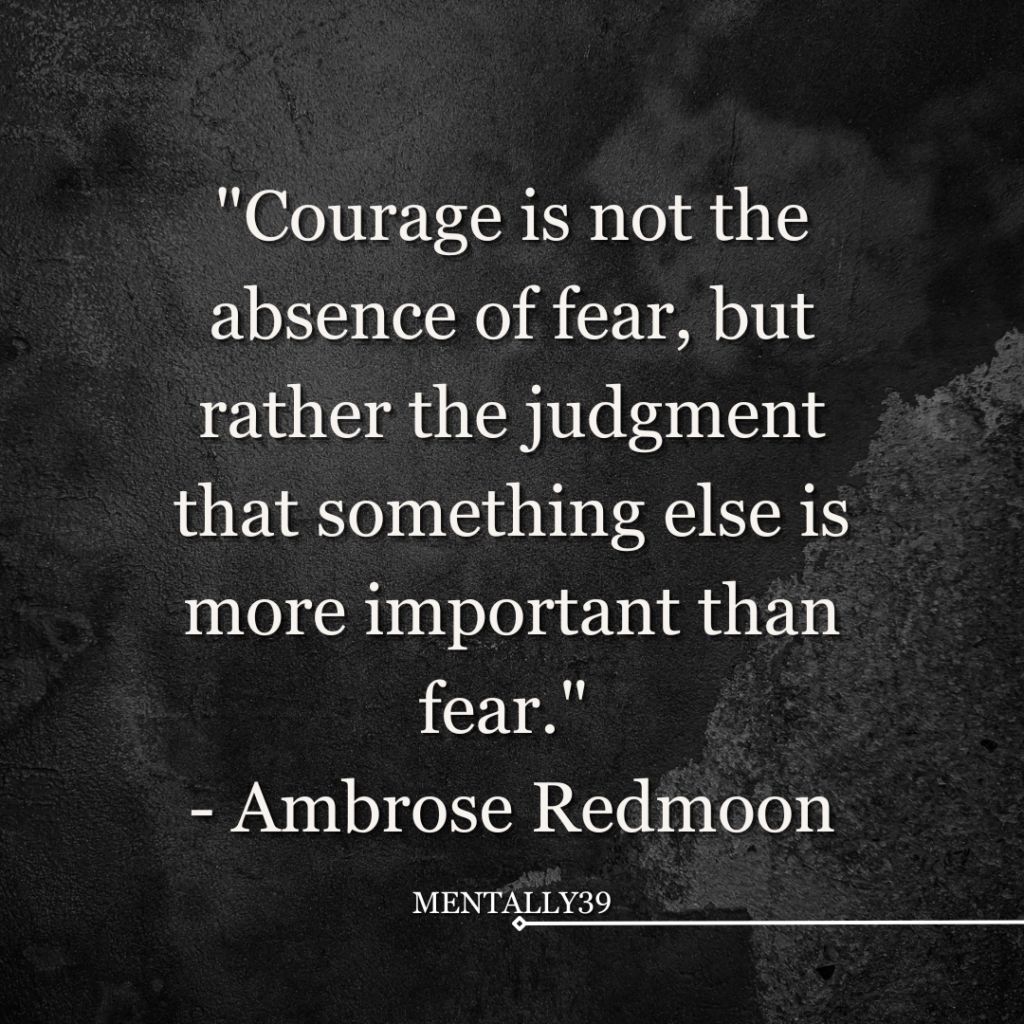
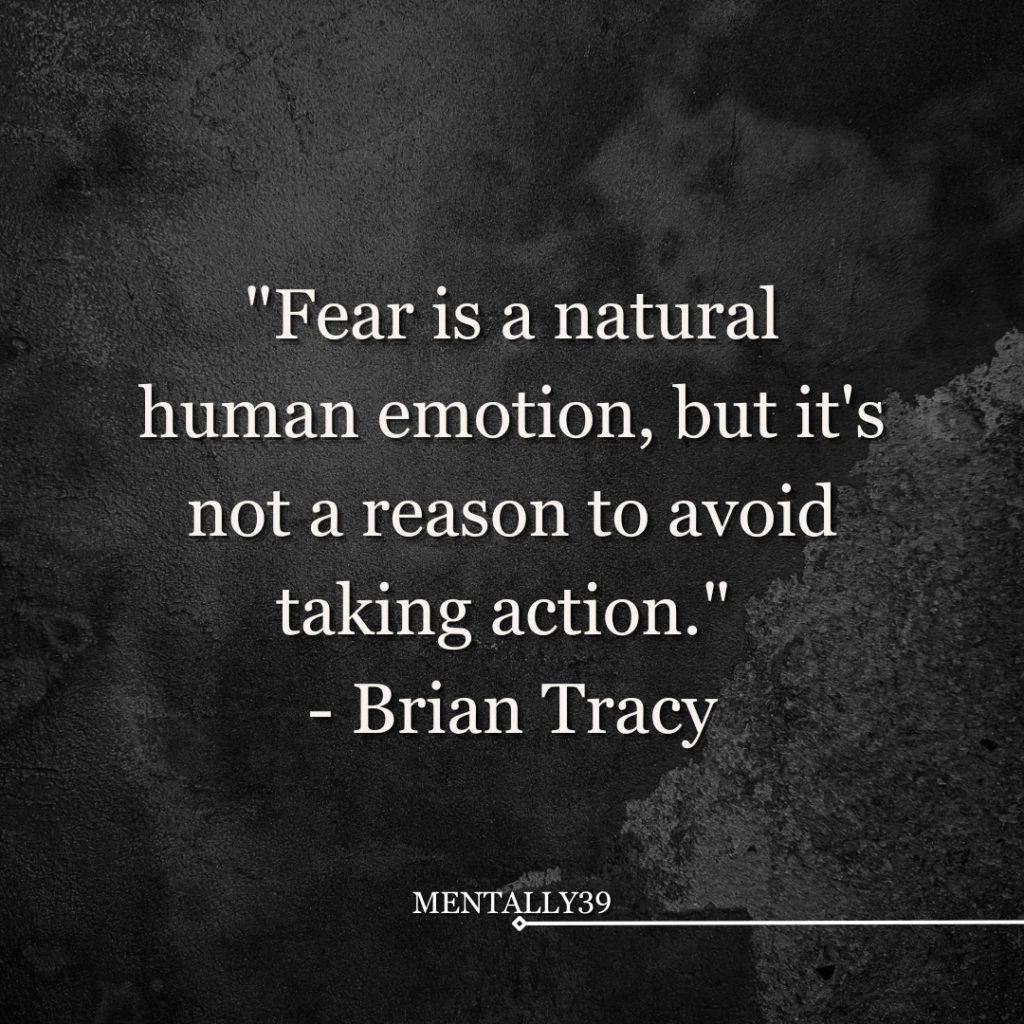
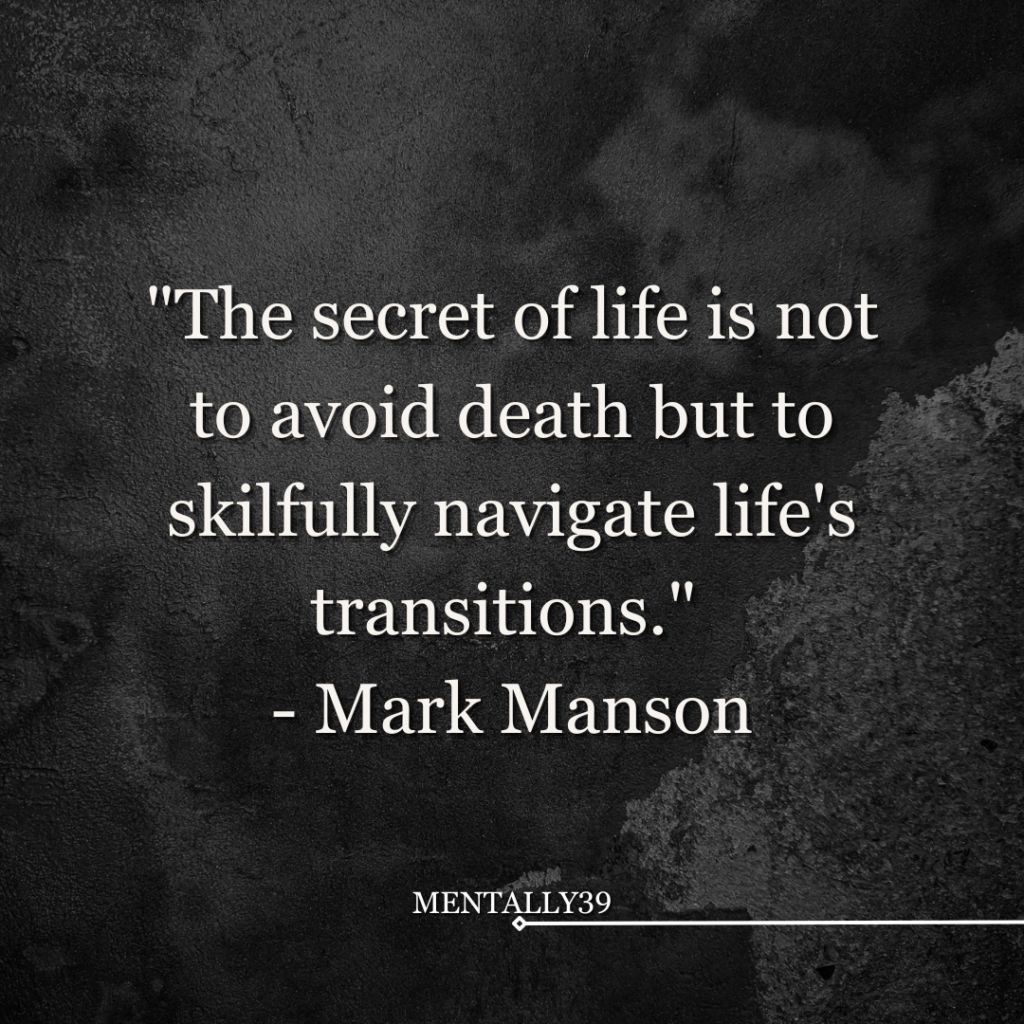
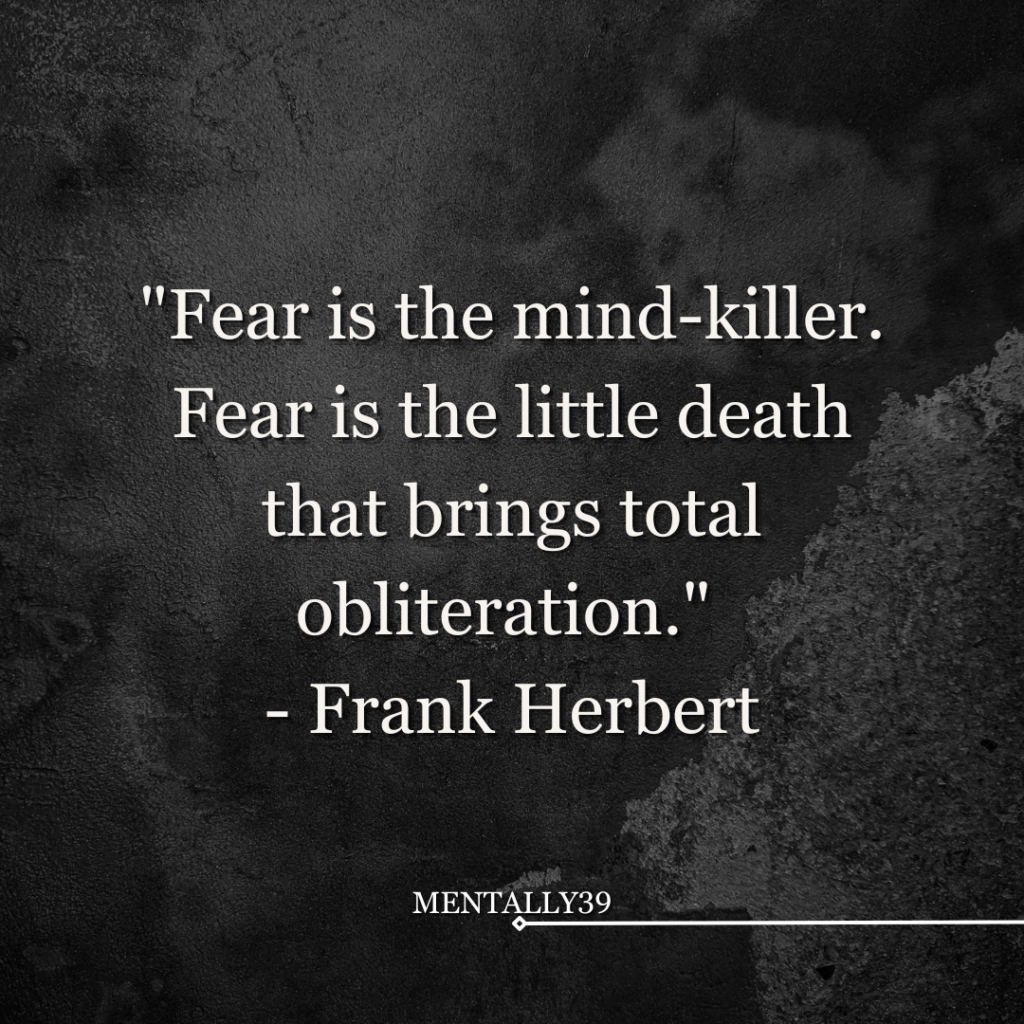

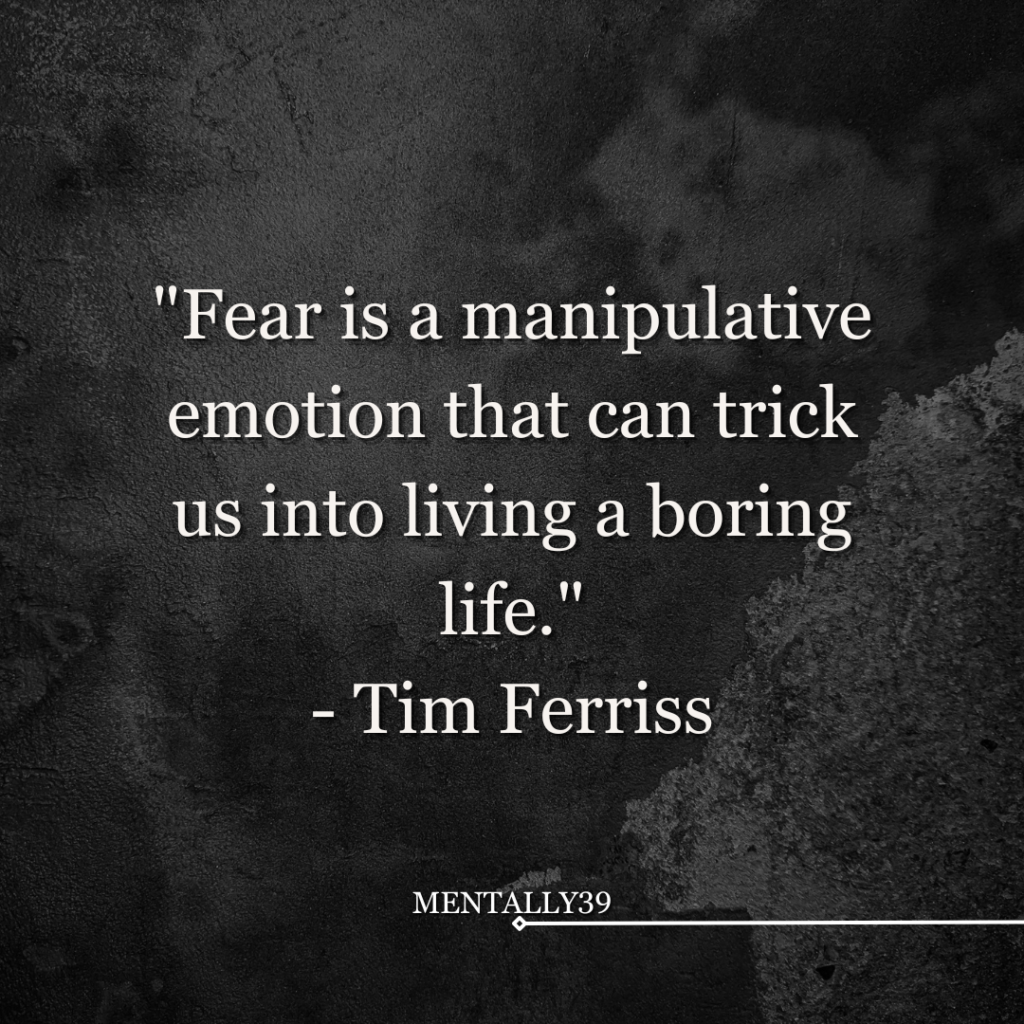

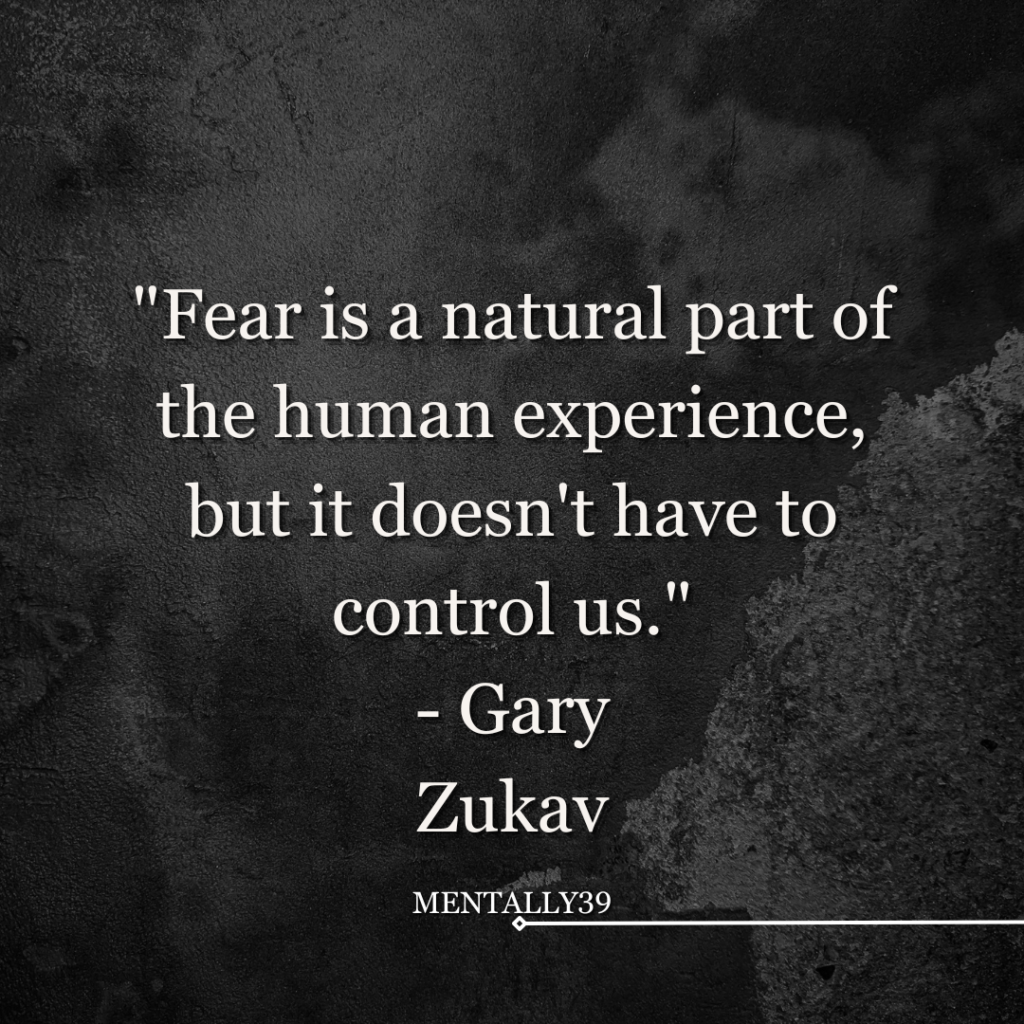

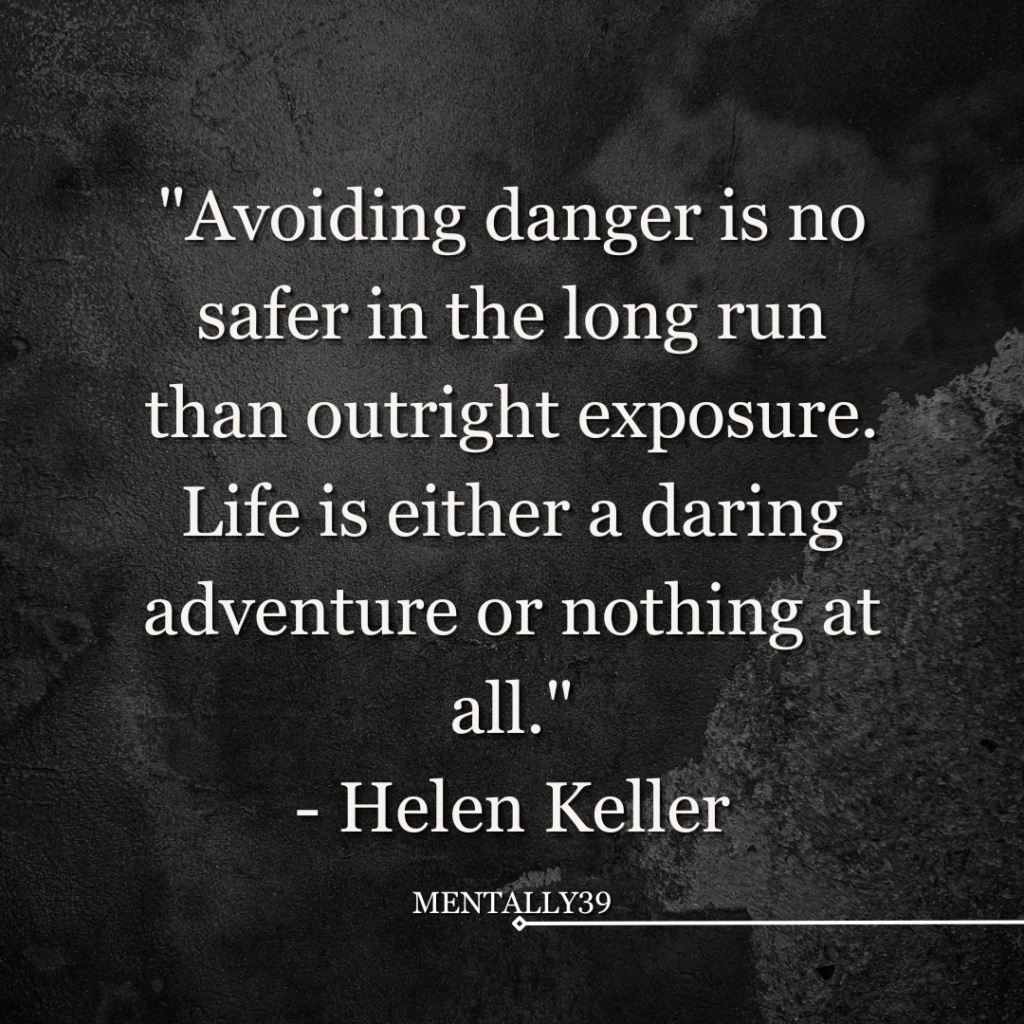
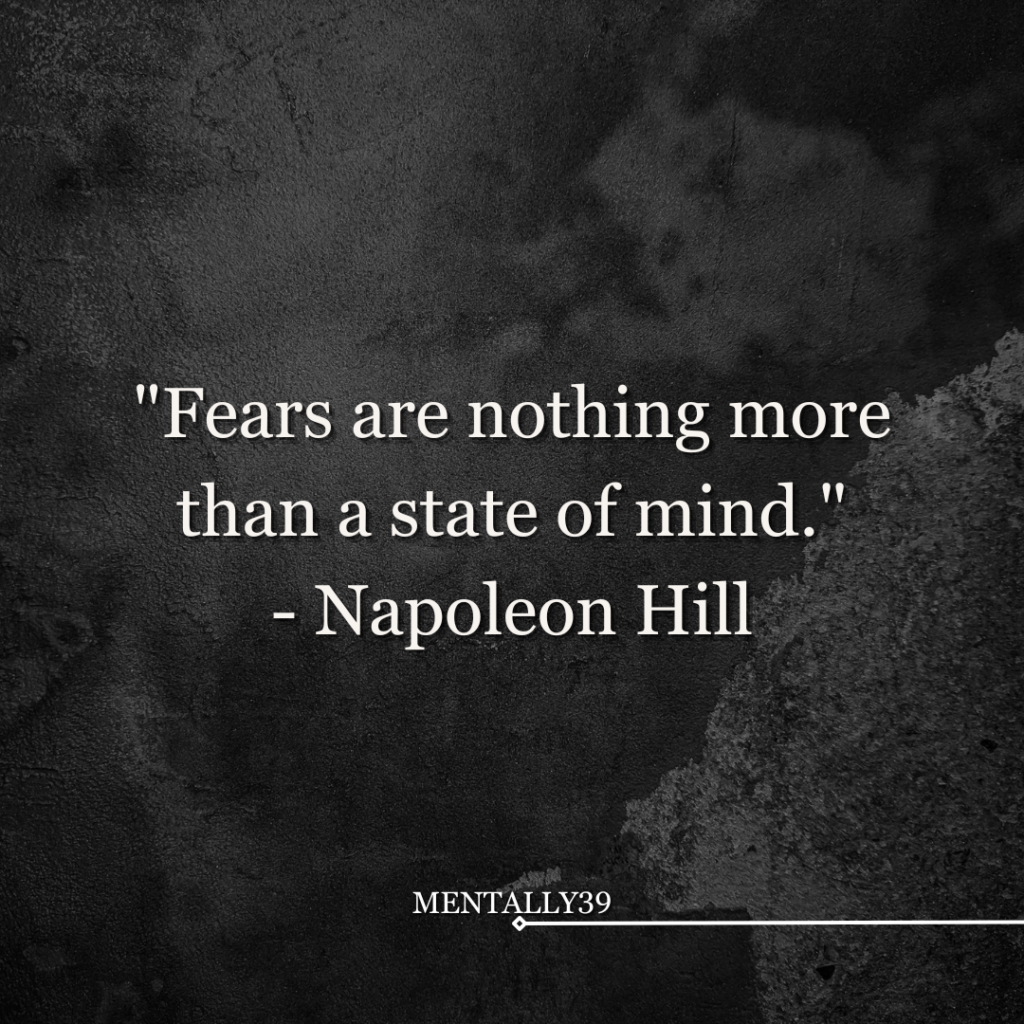
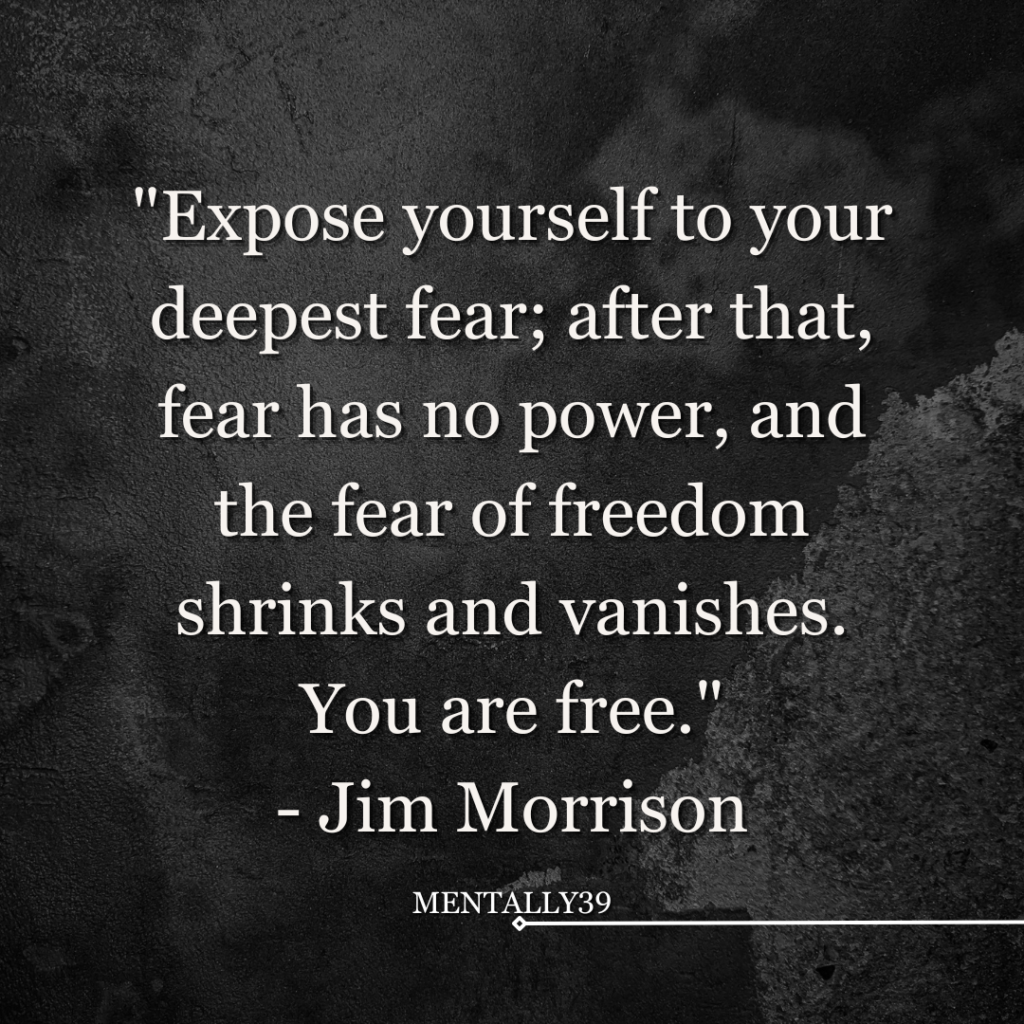
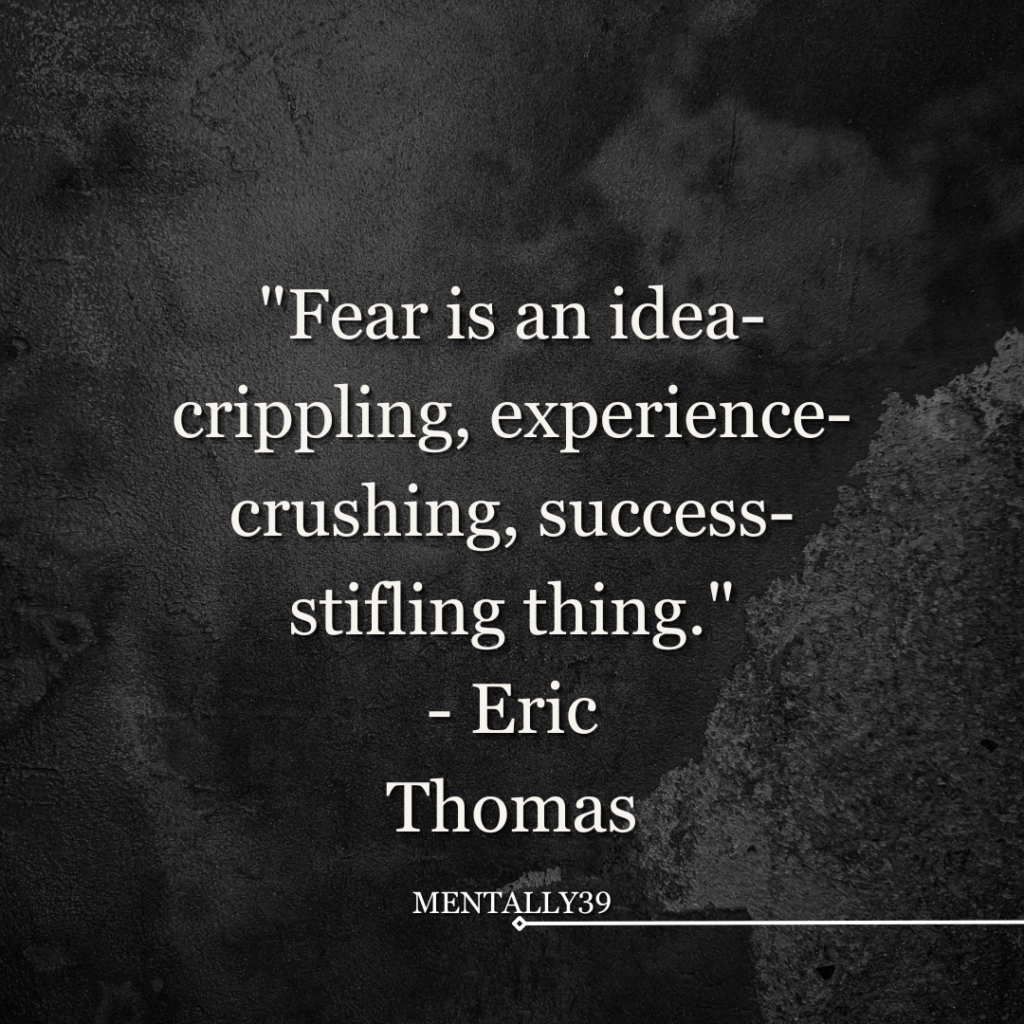
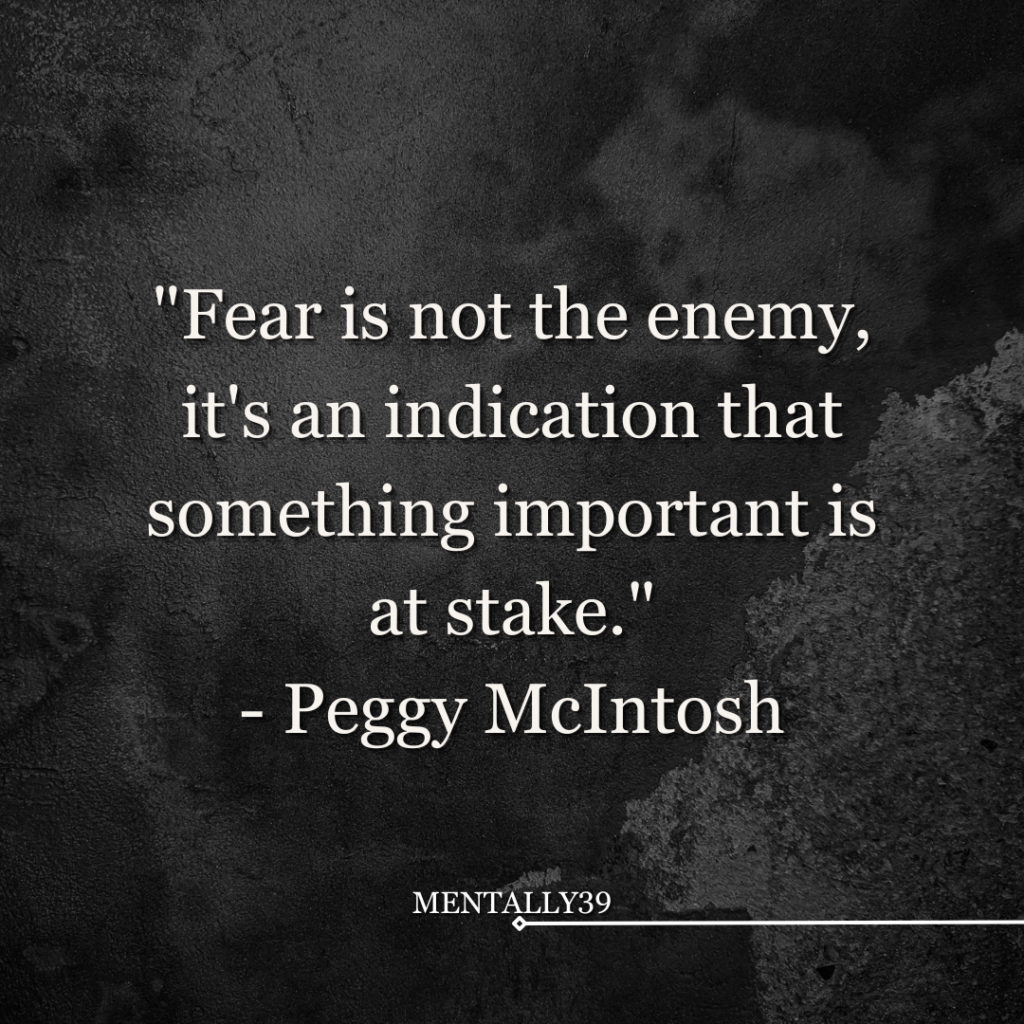
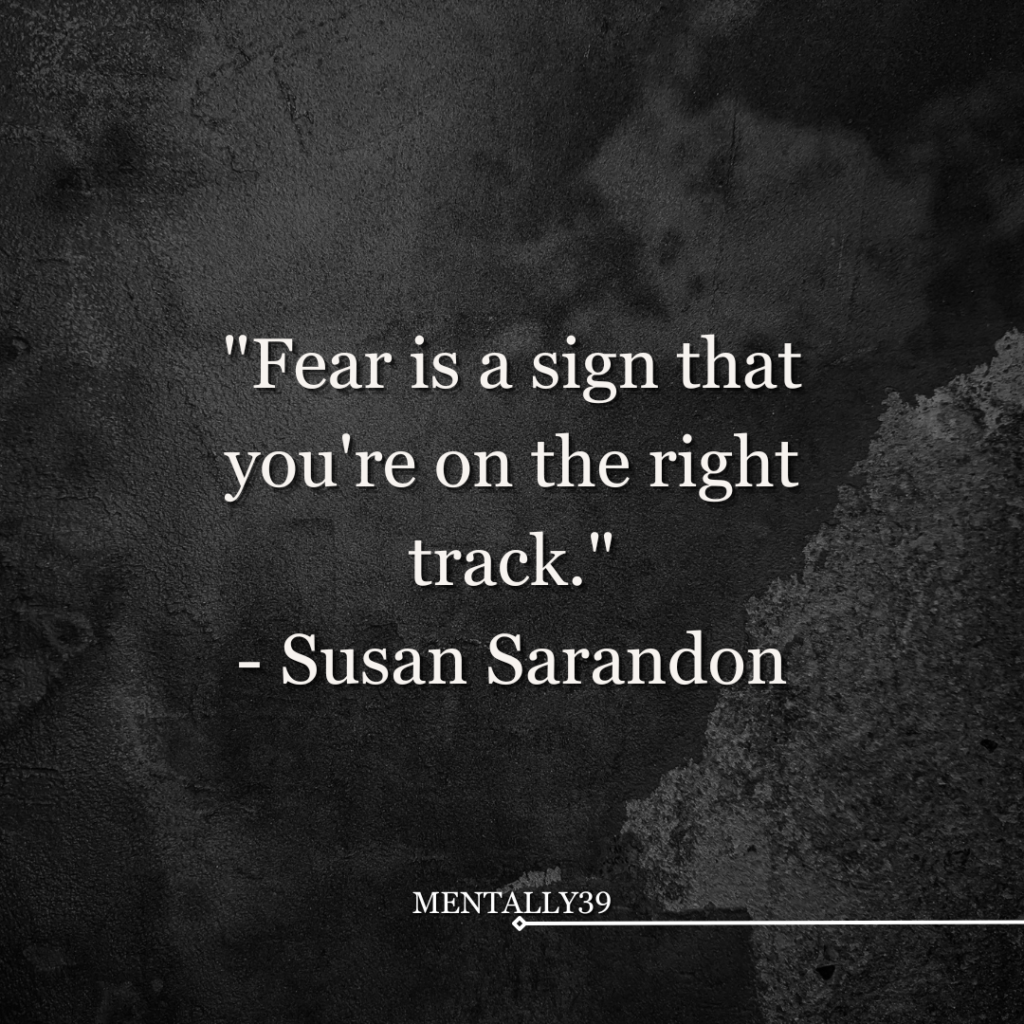

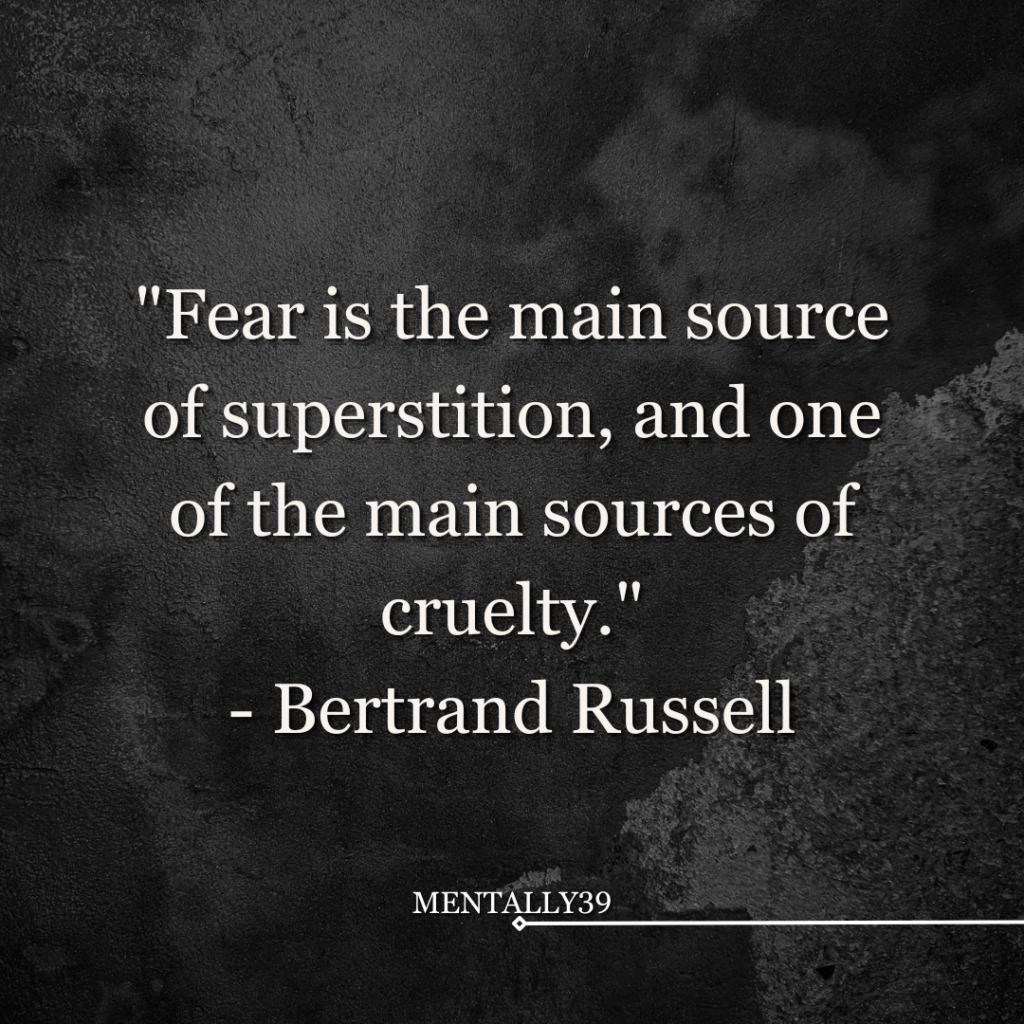
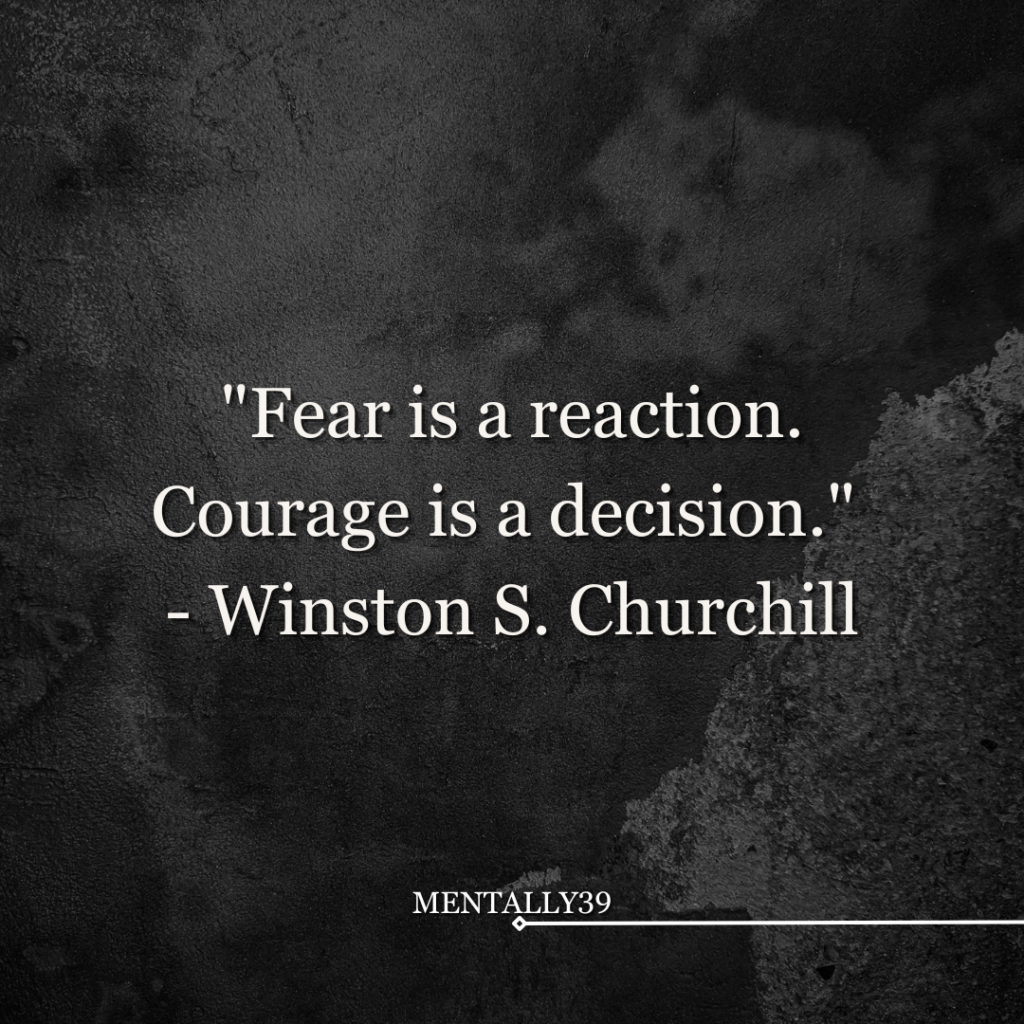
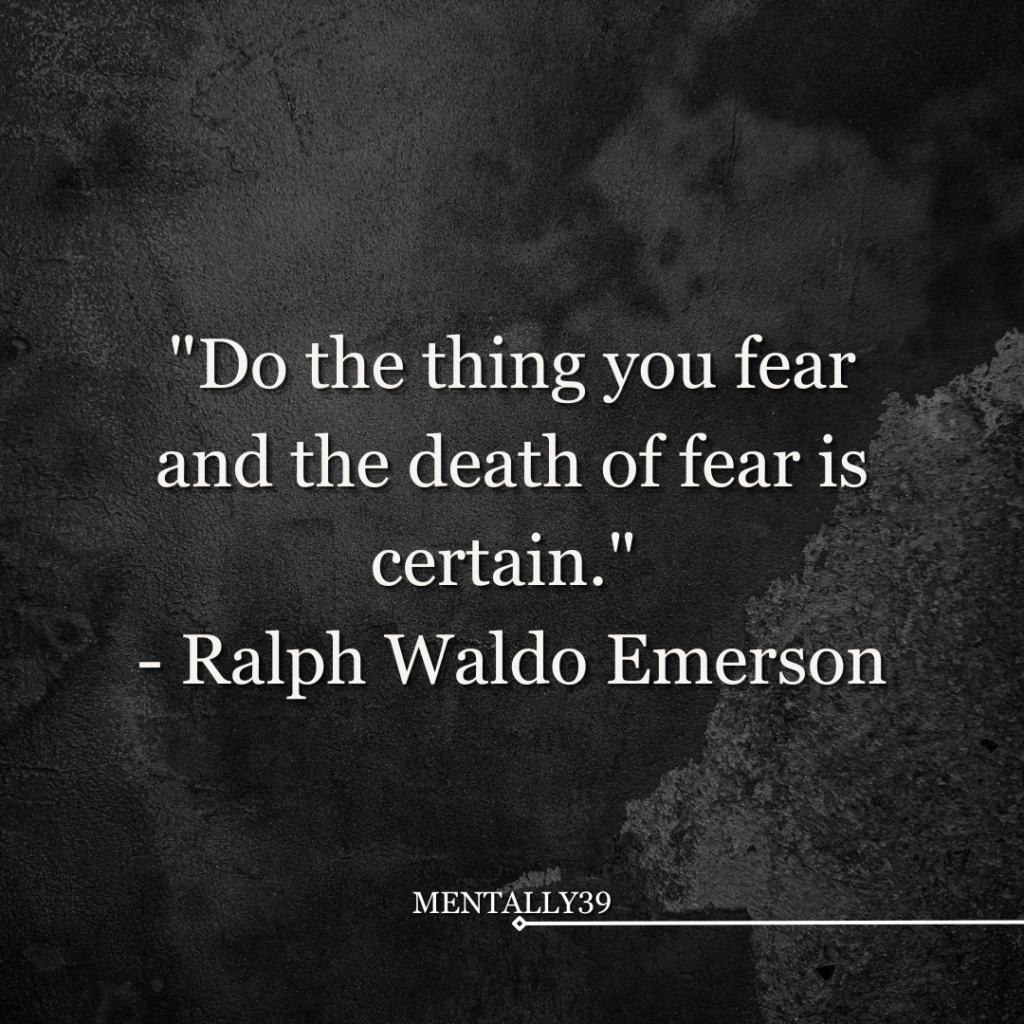
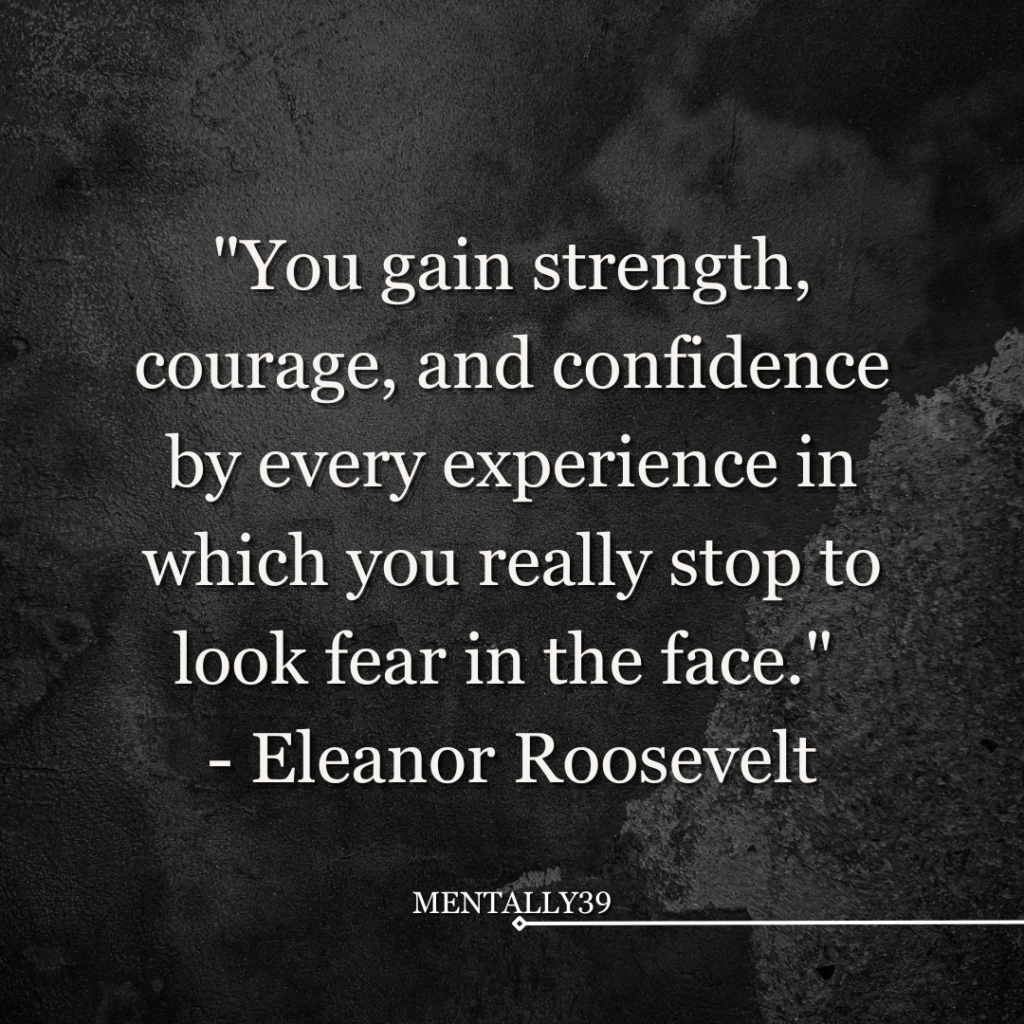
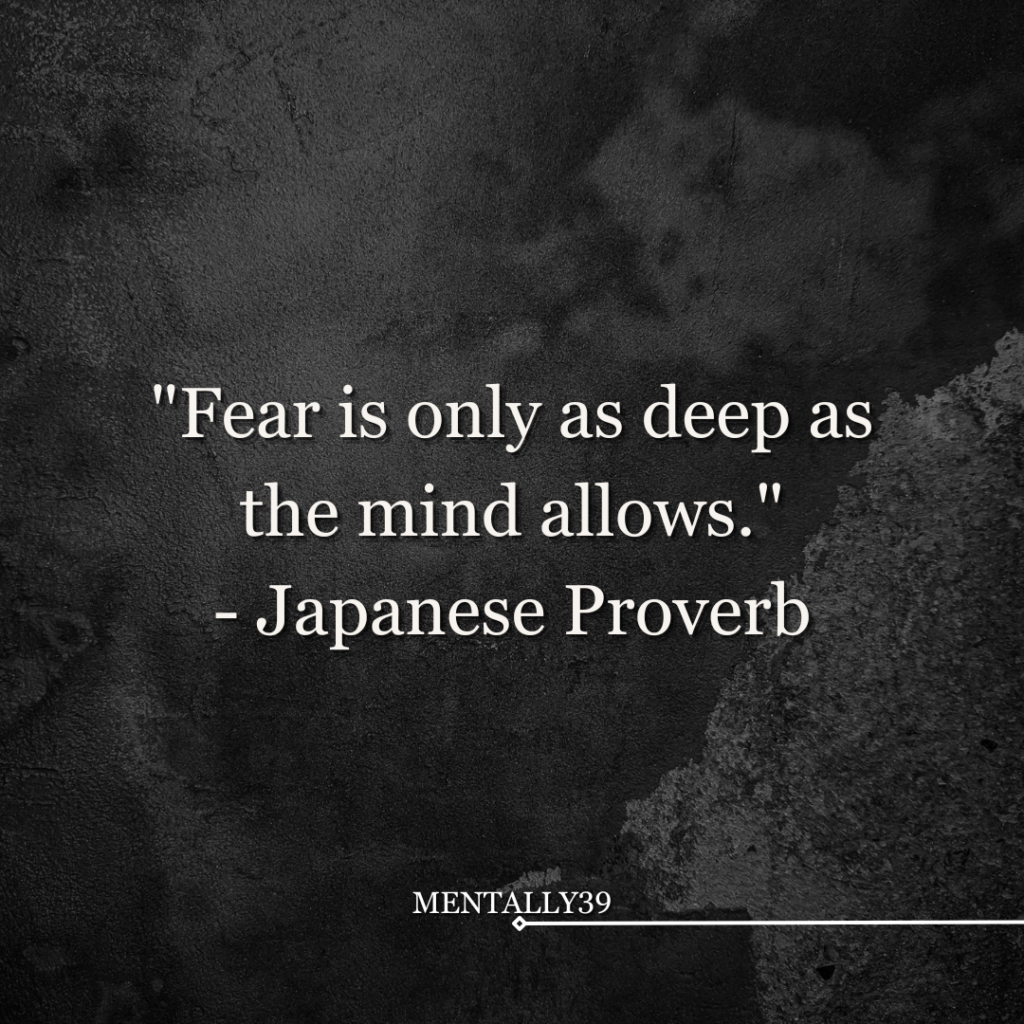
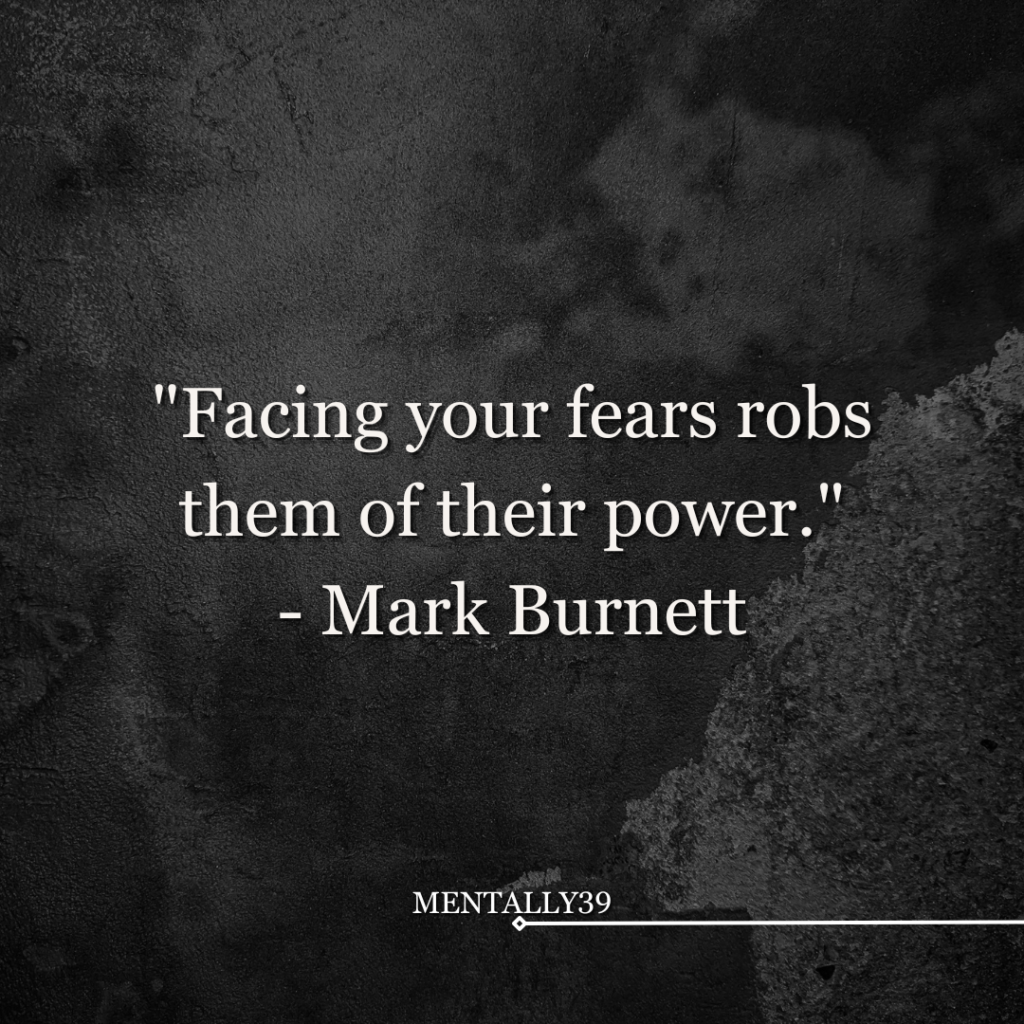
20+ Years as a Special Education Teacher
NASM Certified Nutrition Coach,
Certified Trauma Informed Trainer
Mindset and Motivation Master Life Coach
